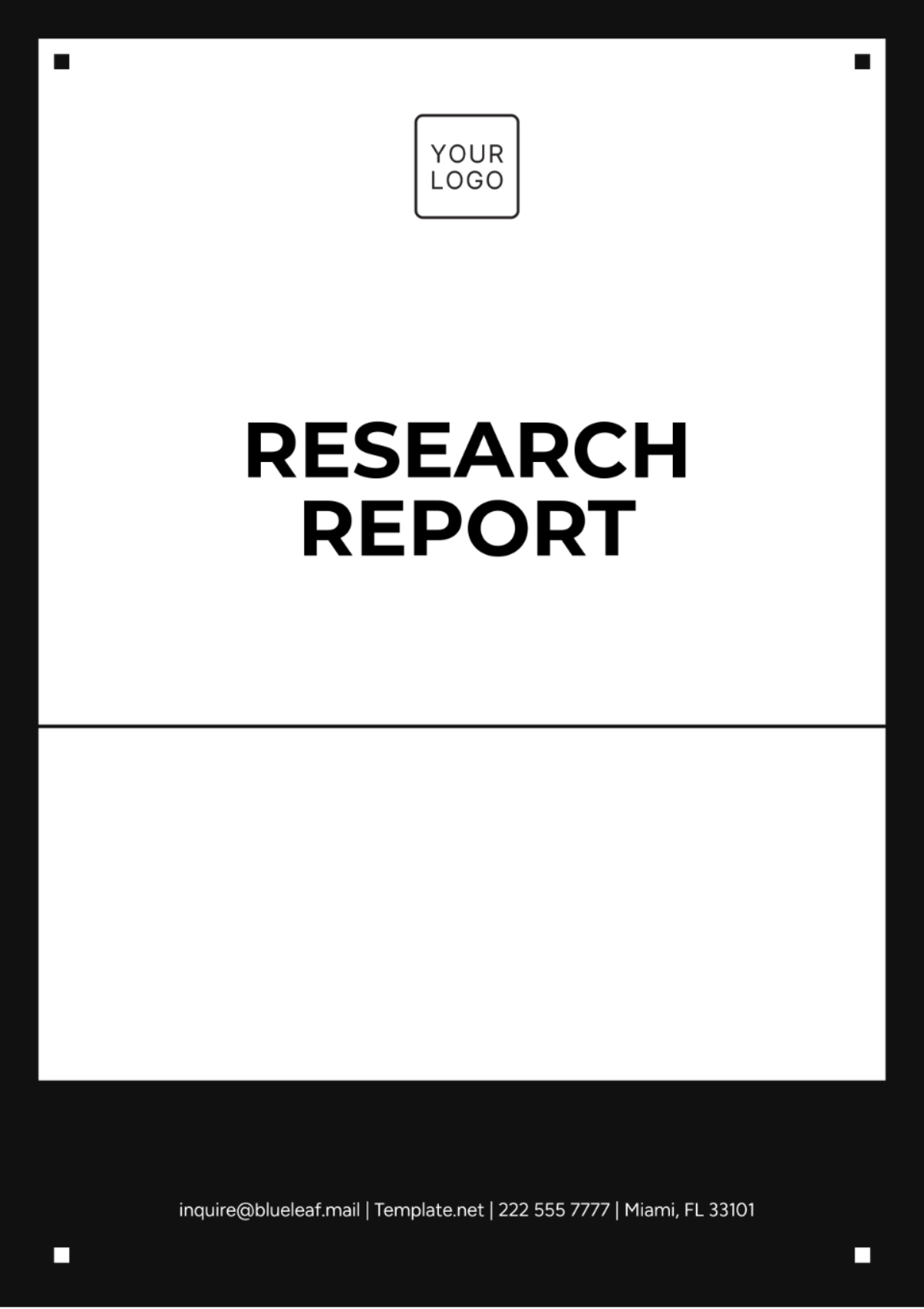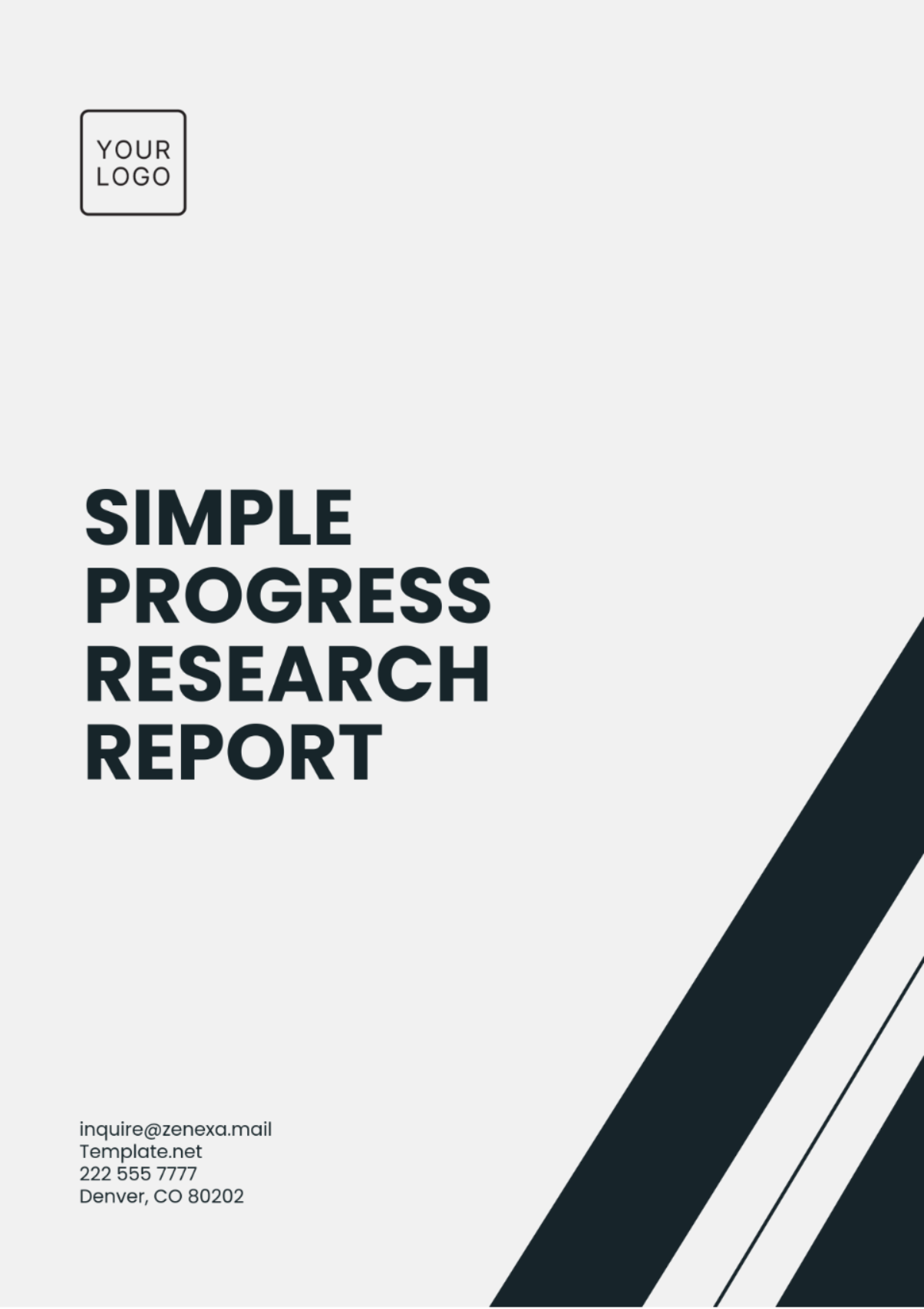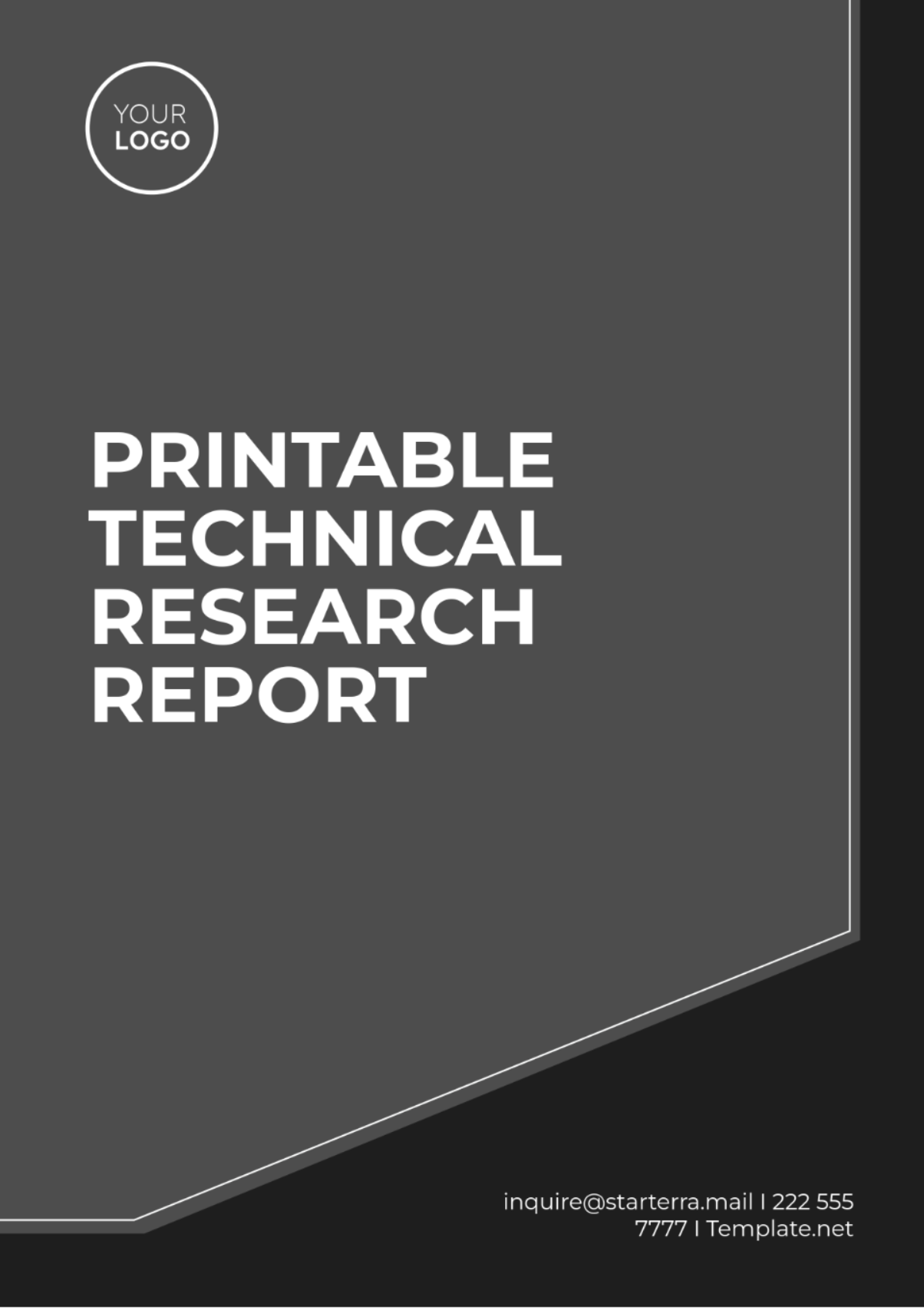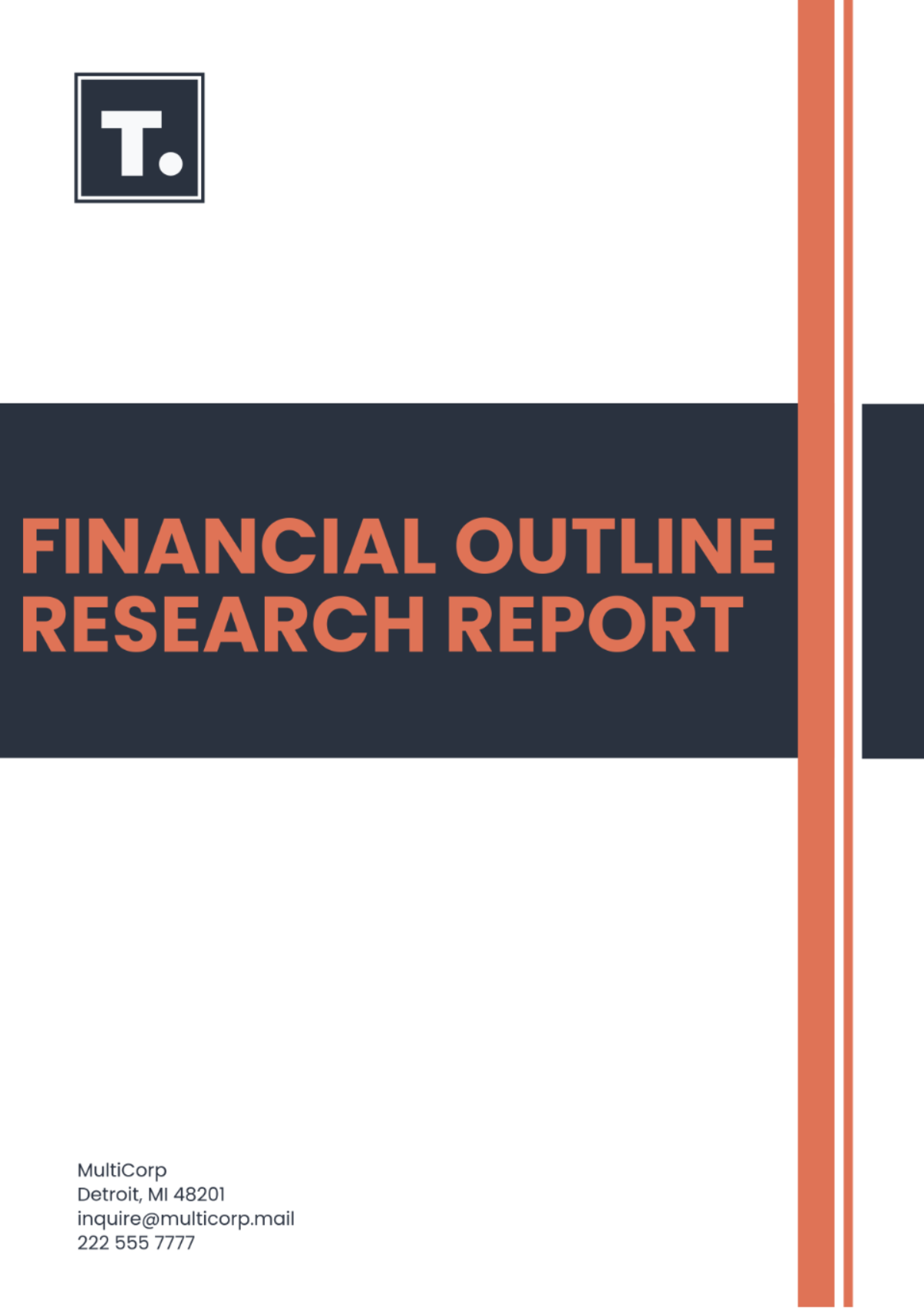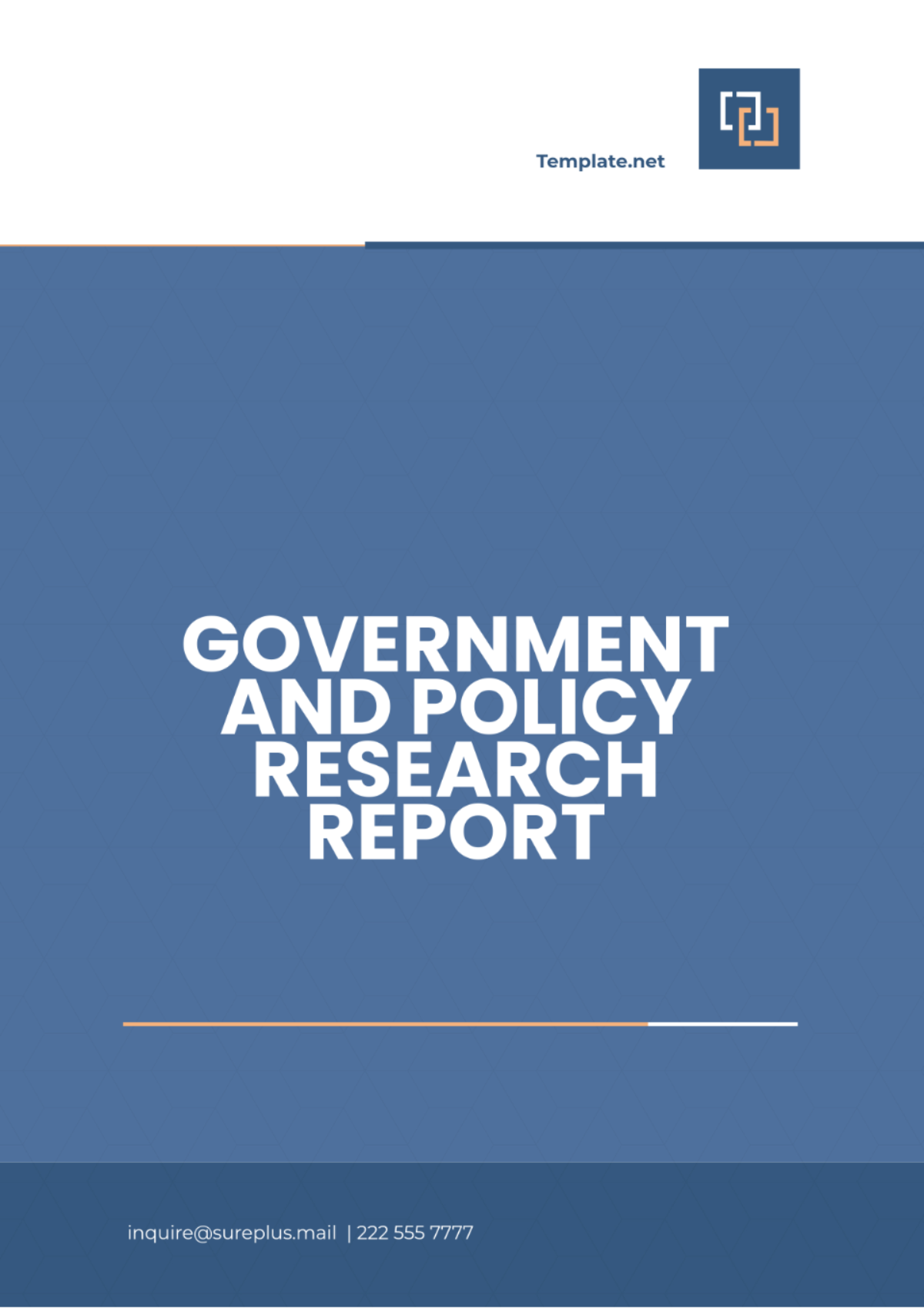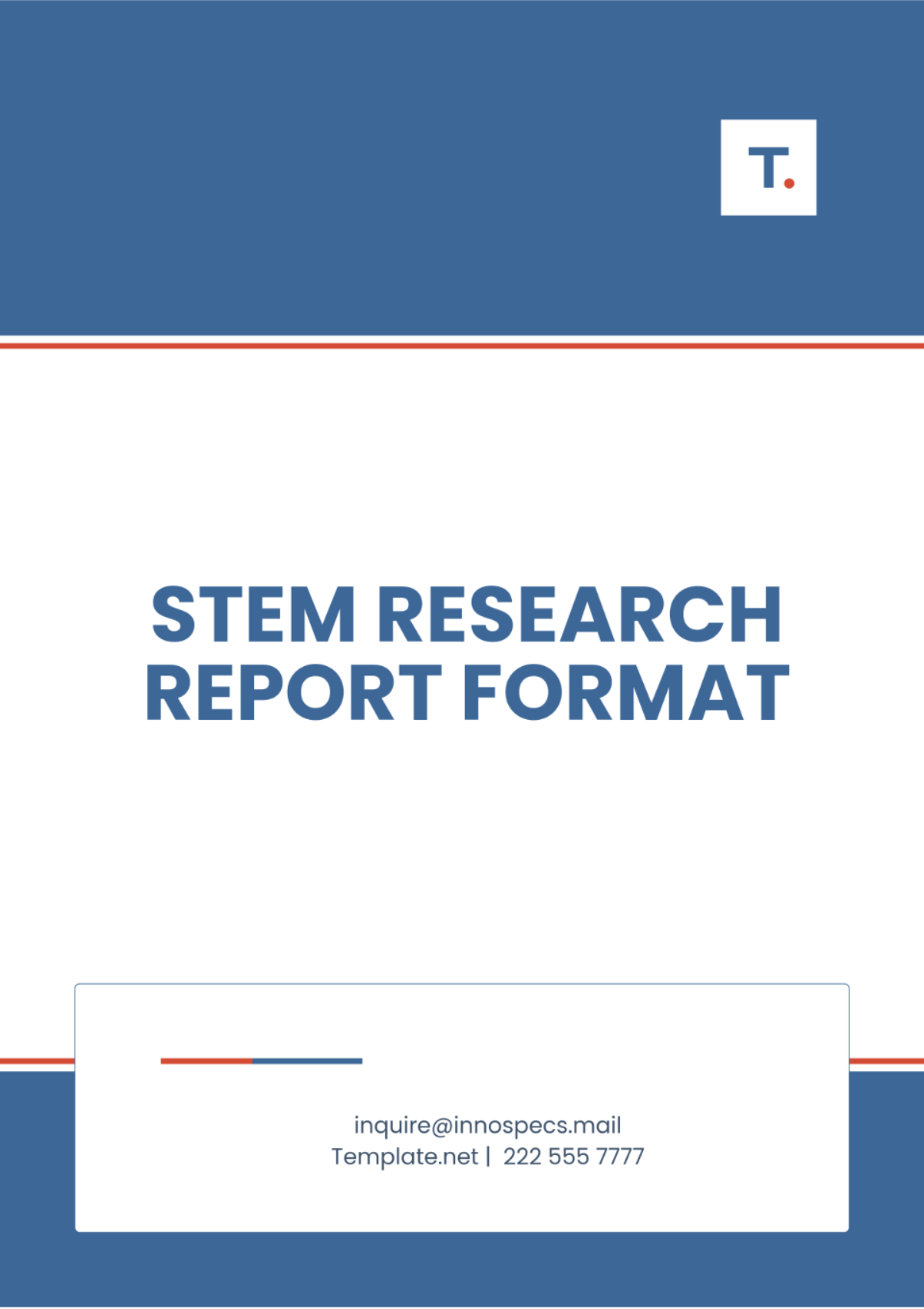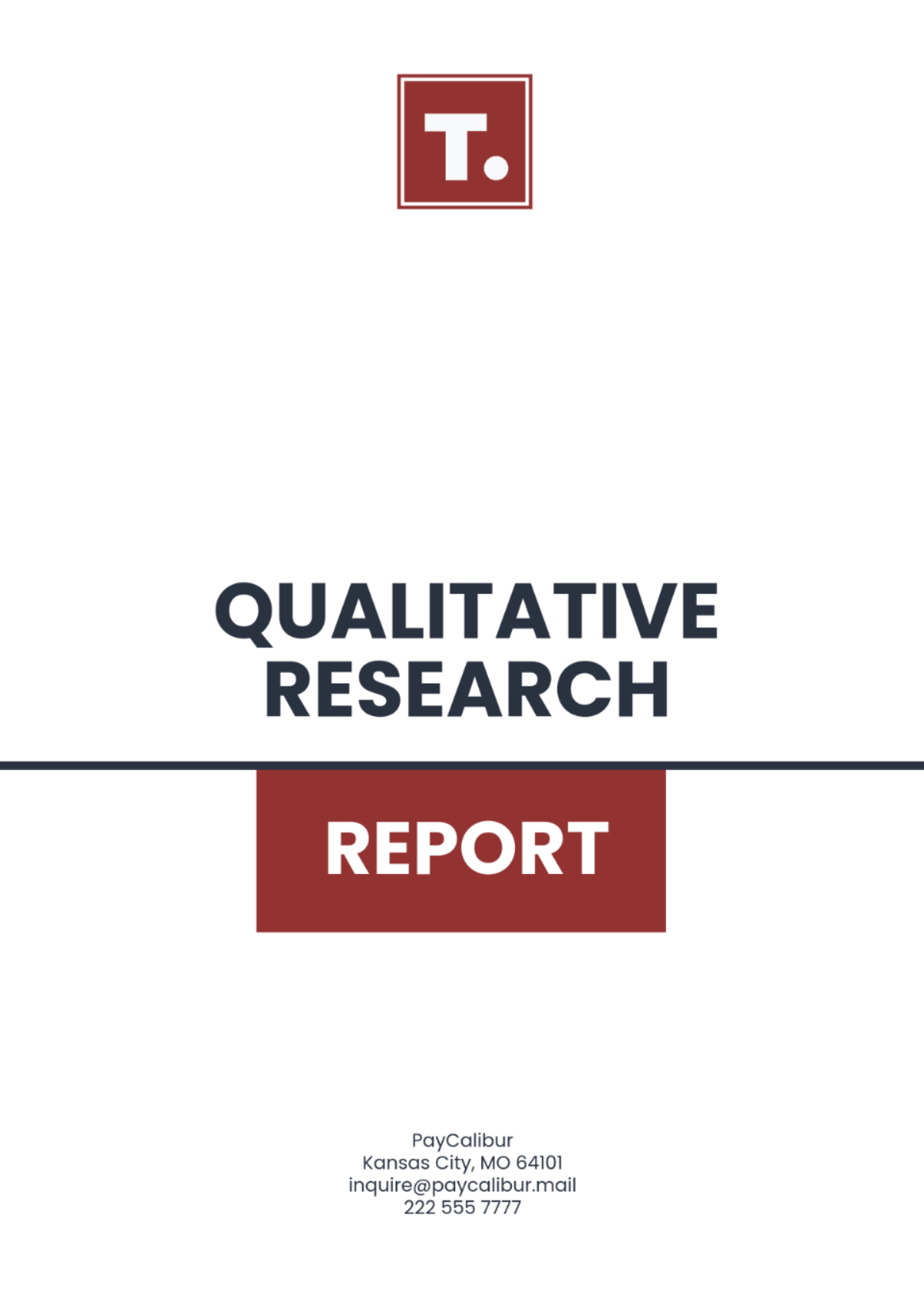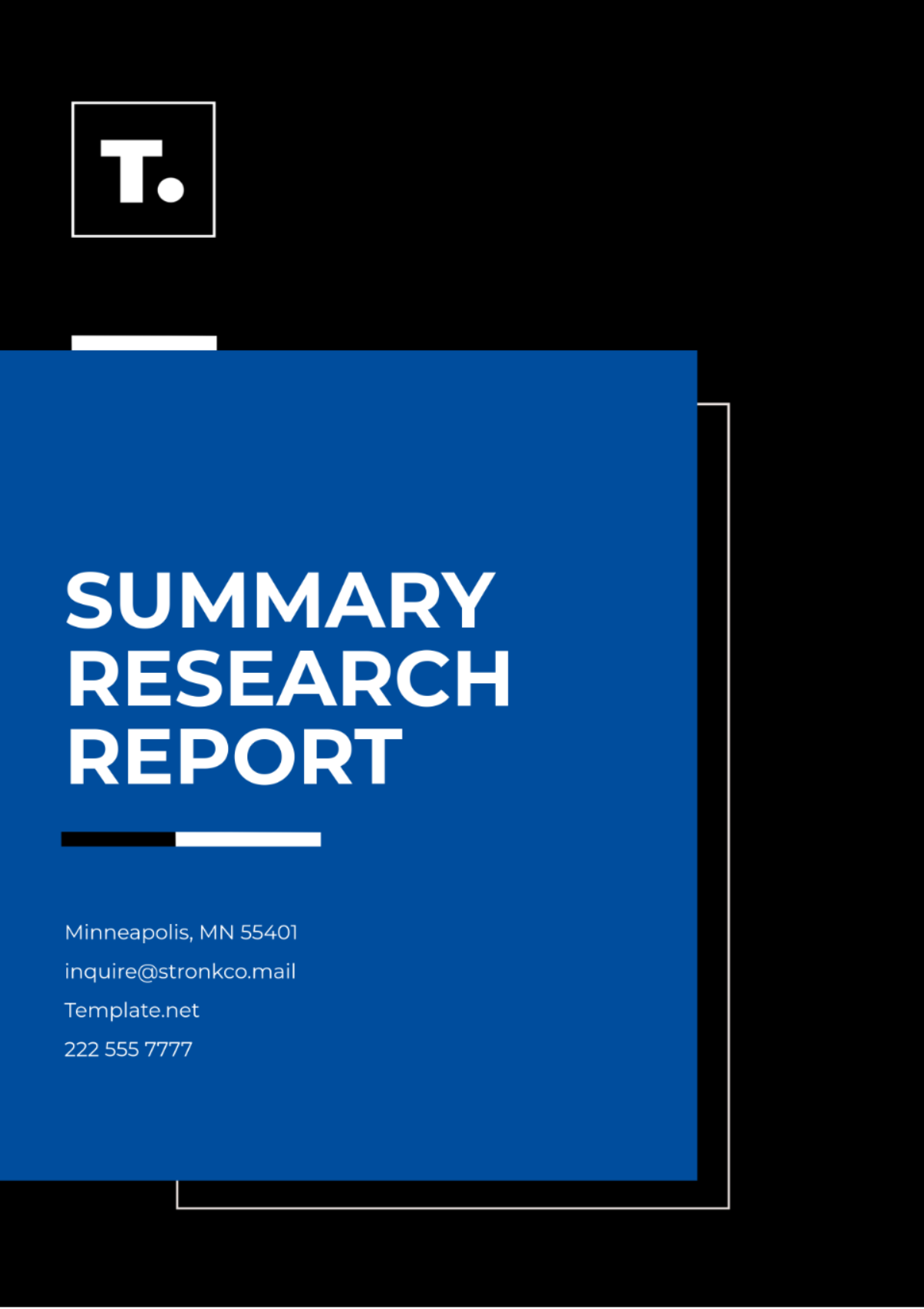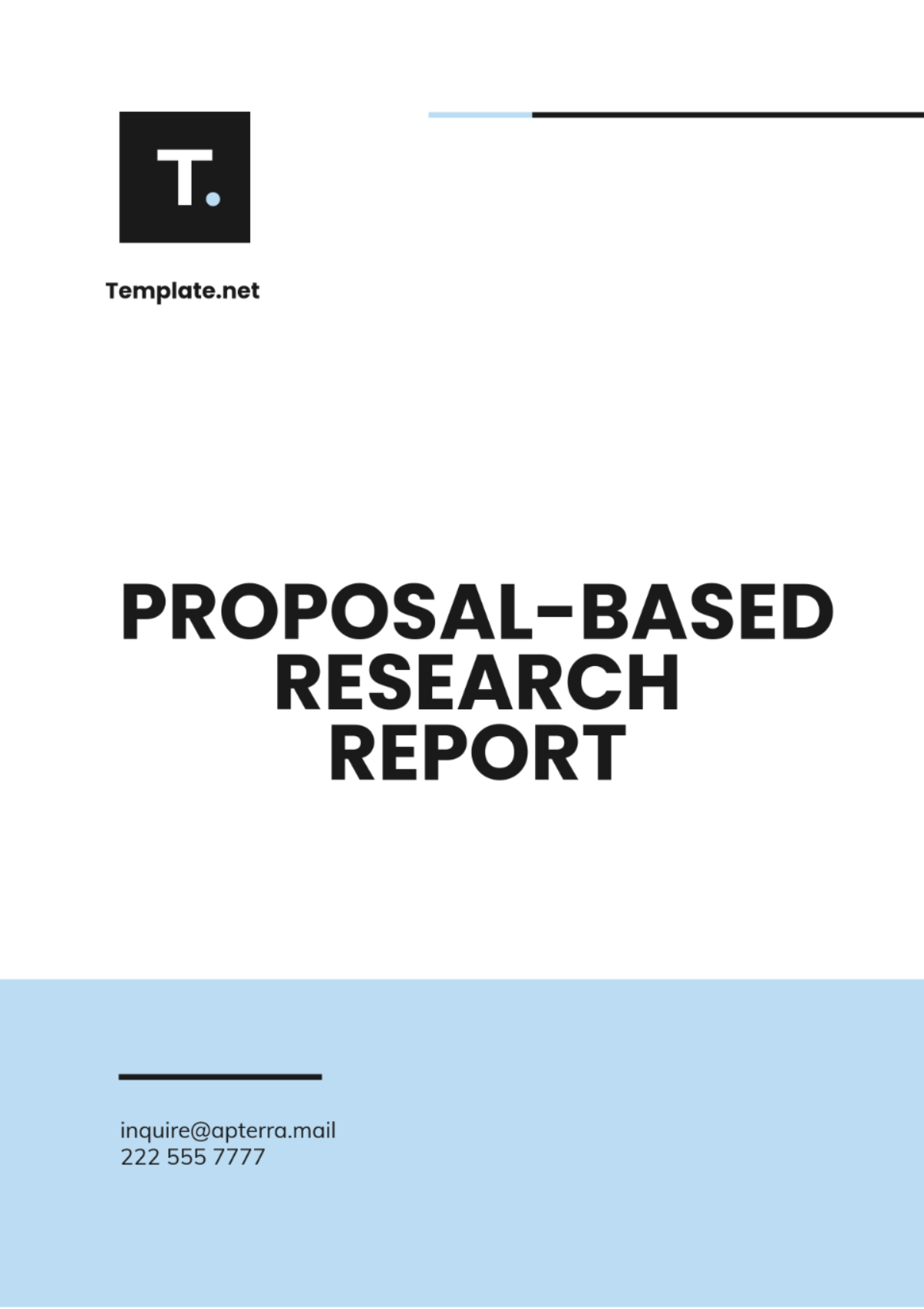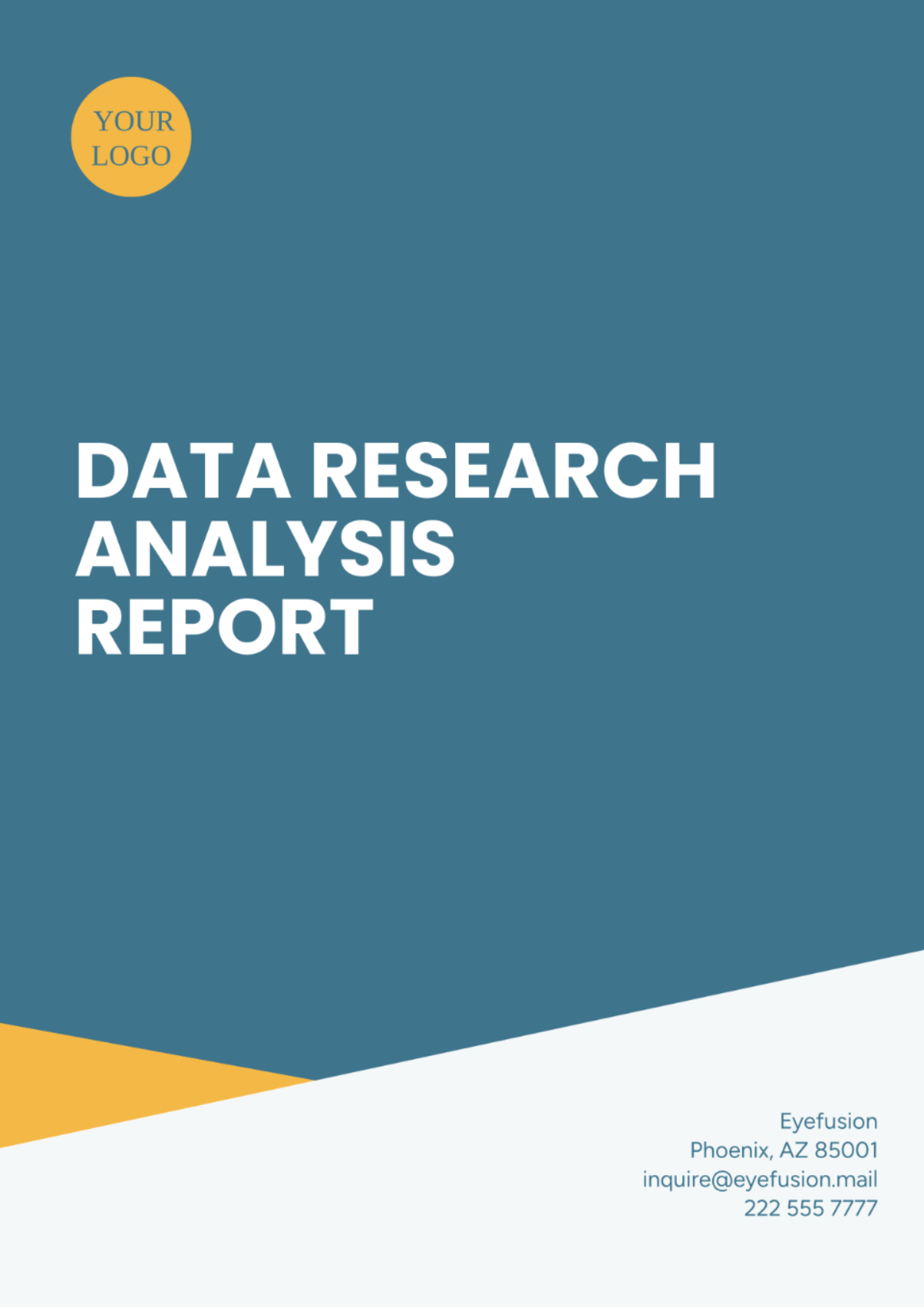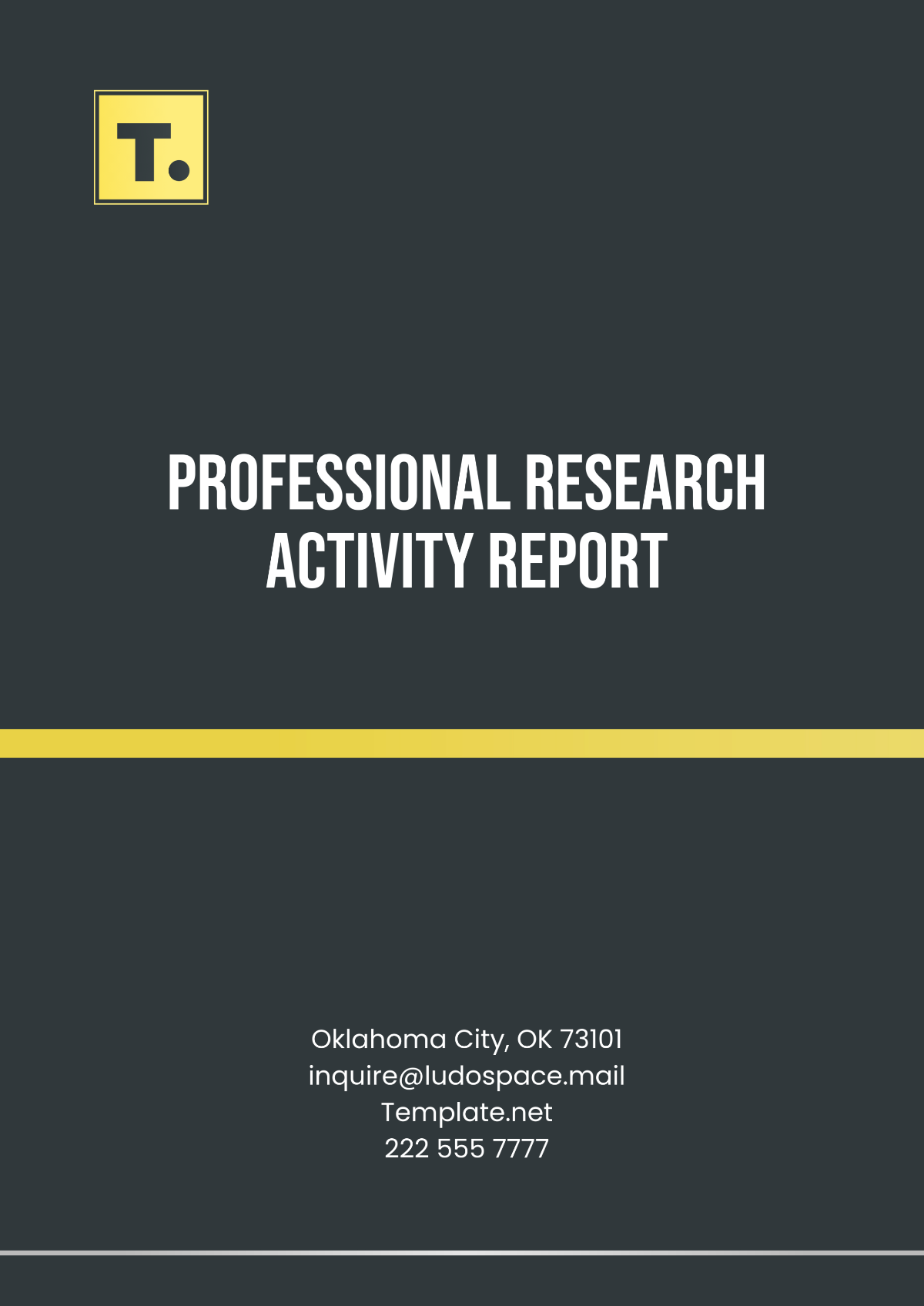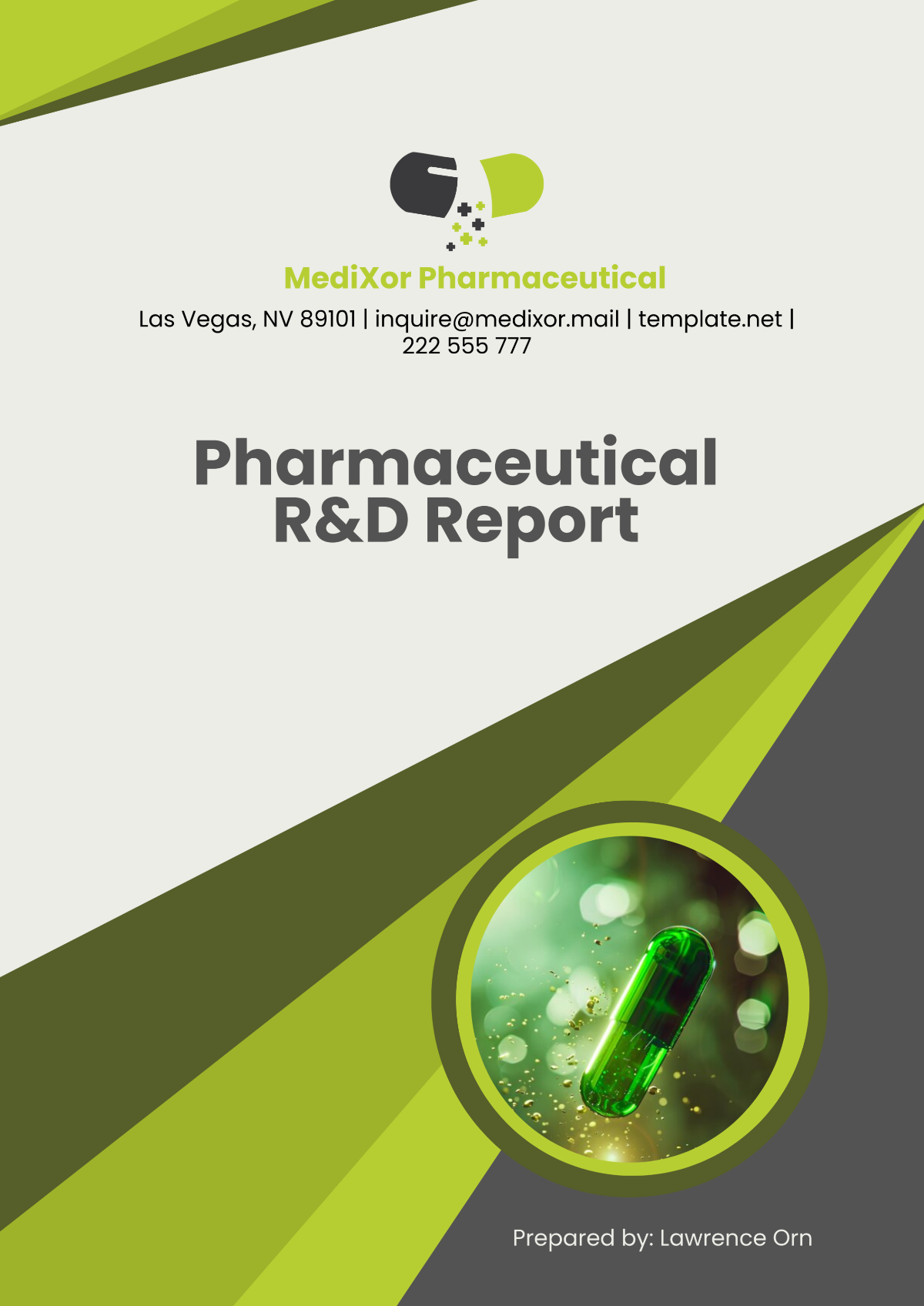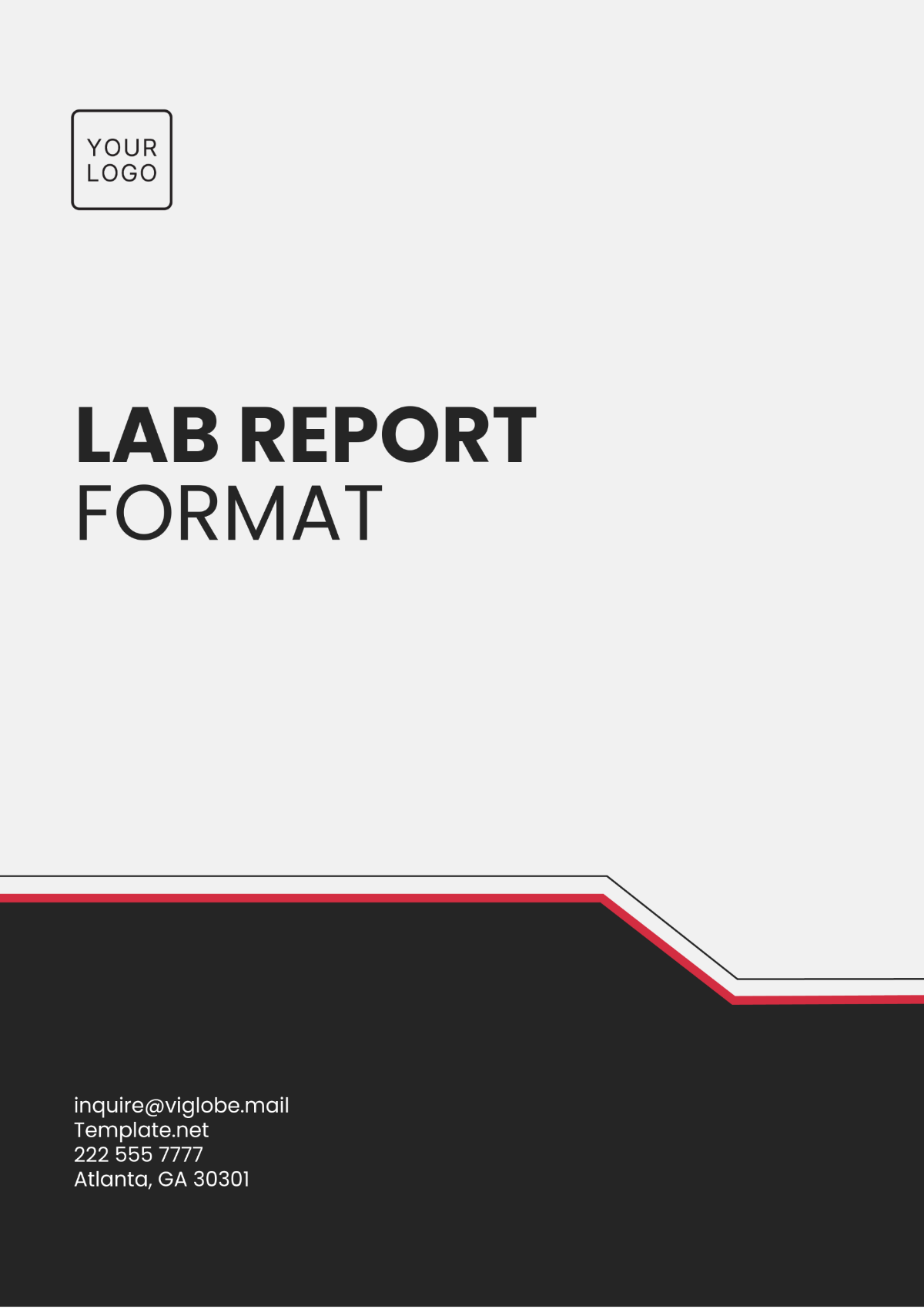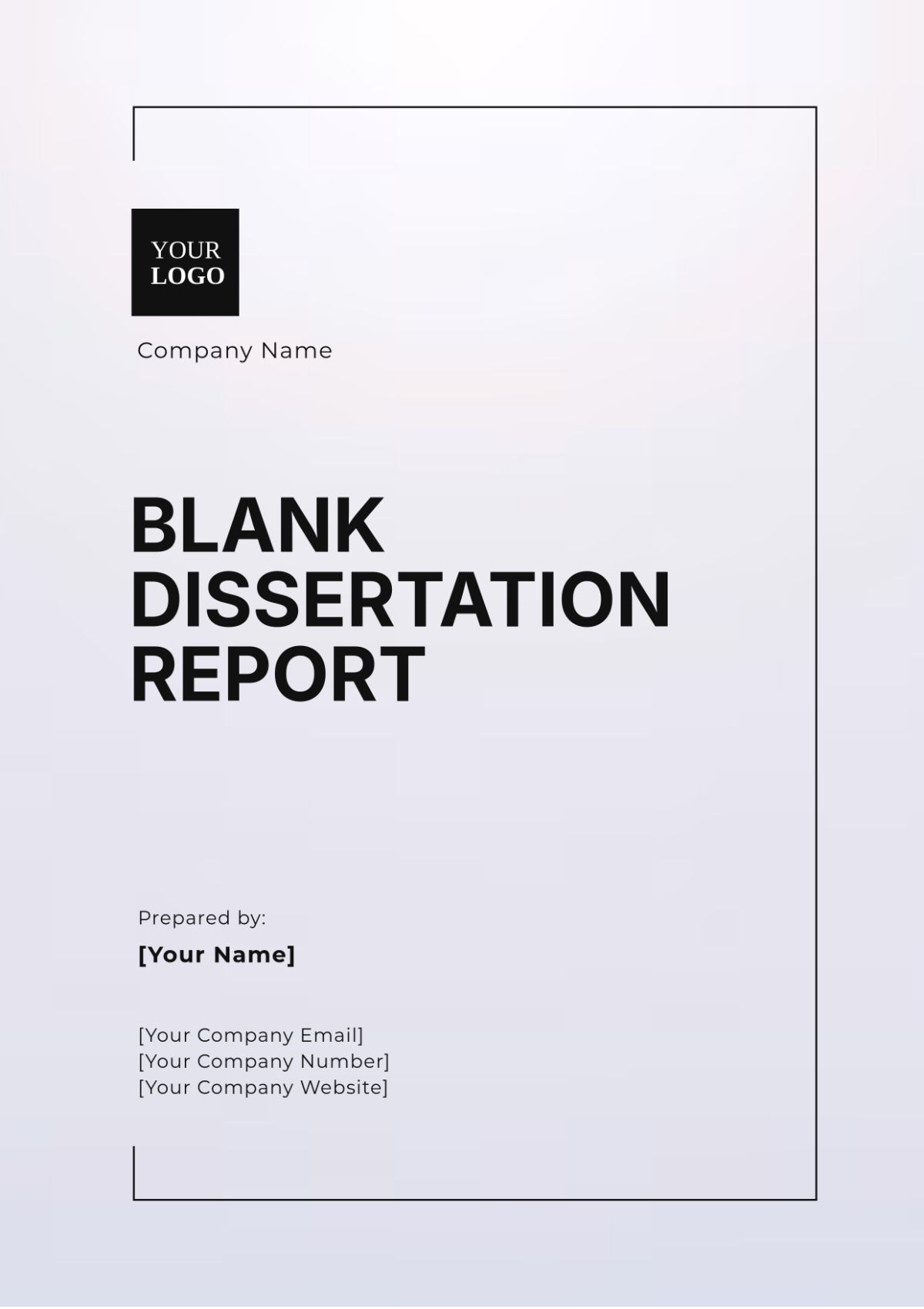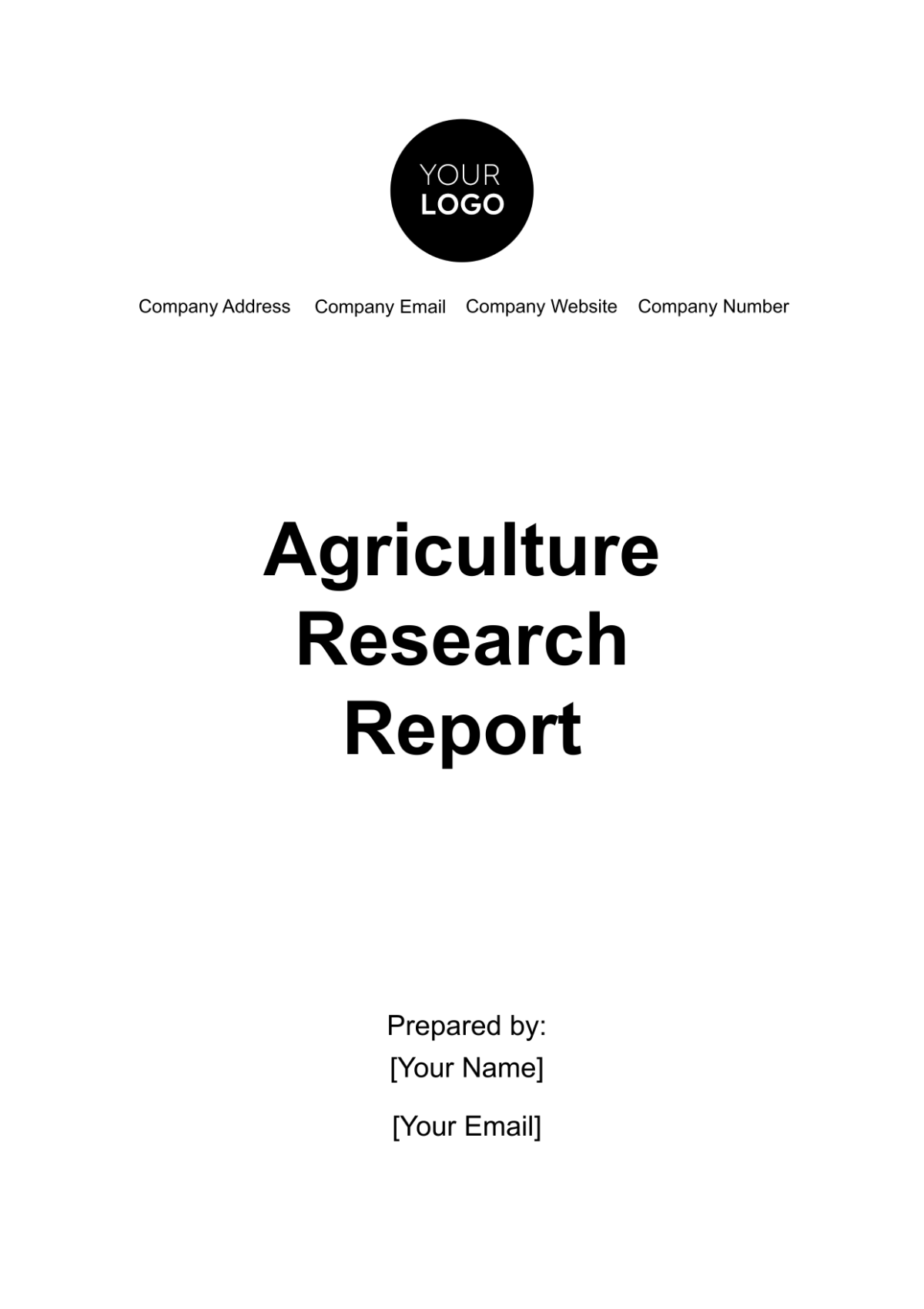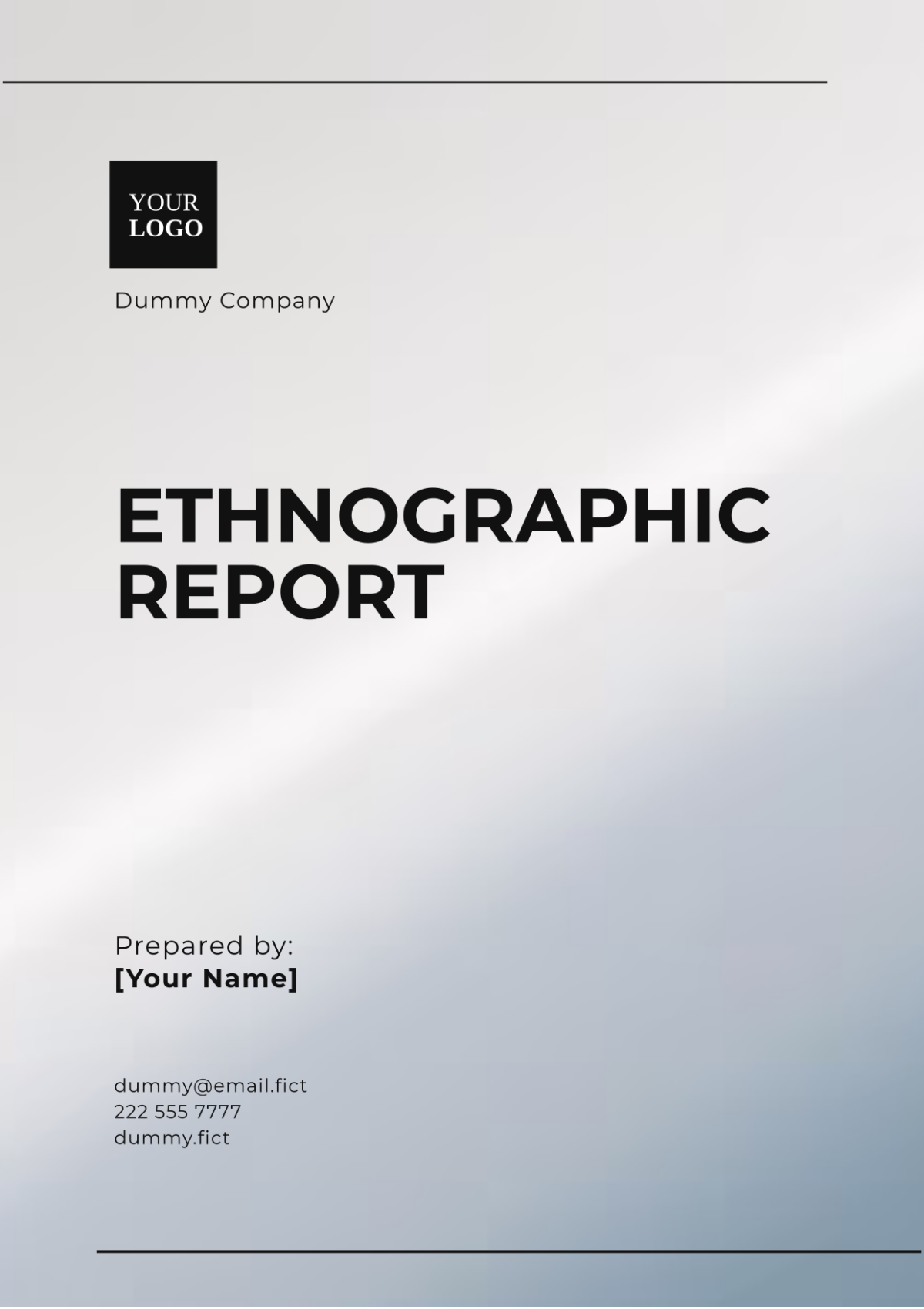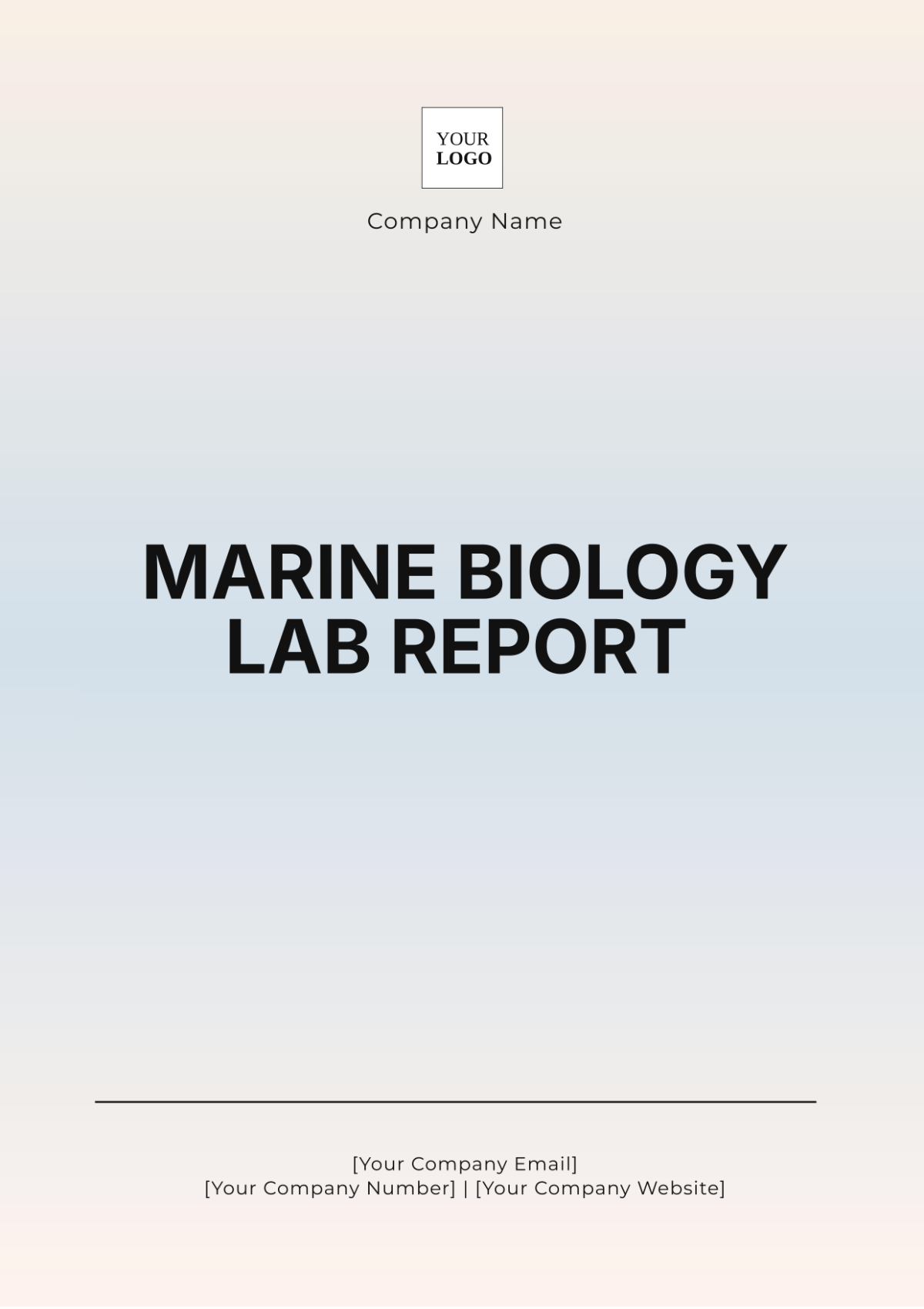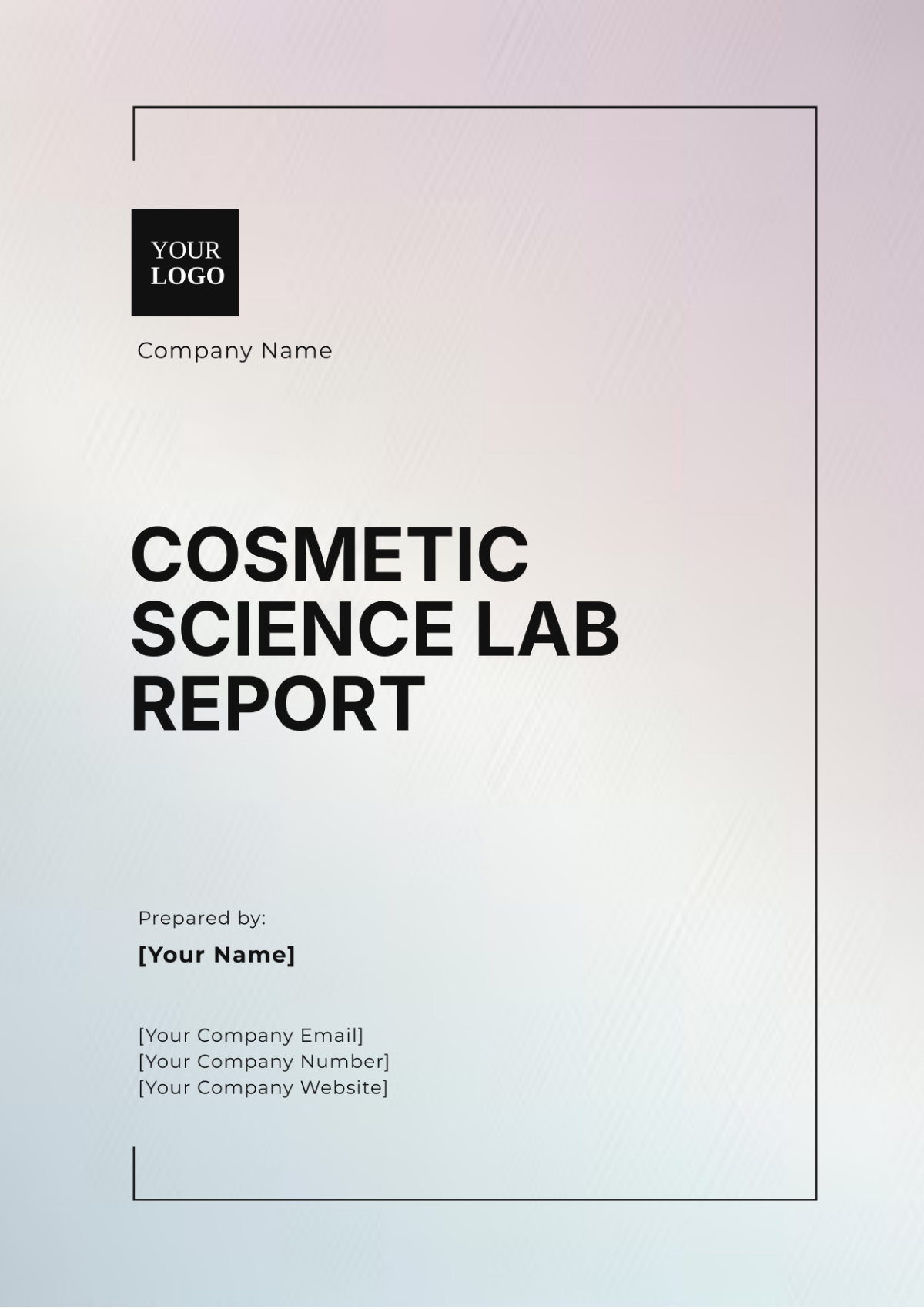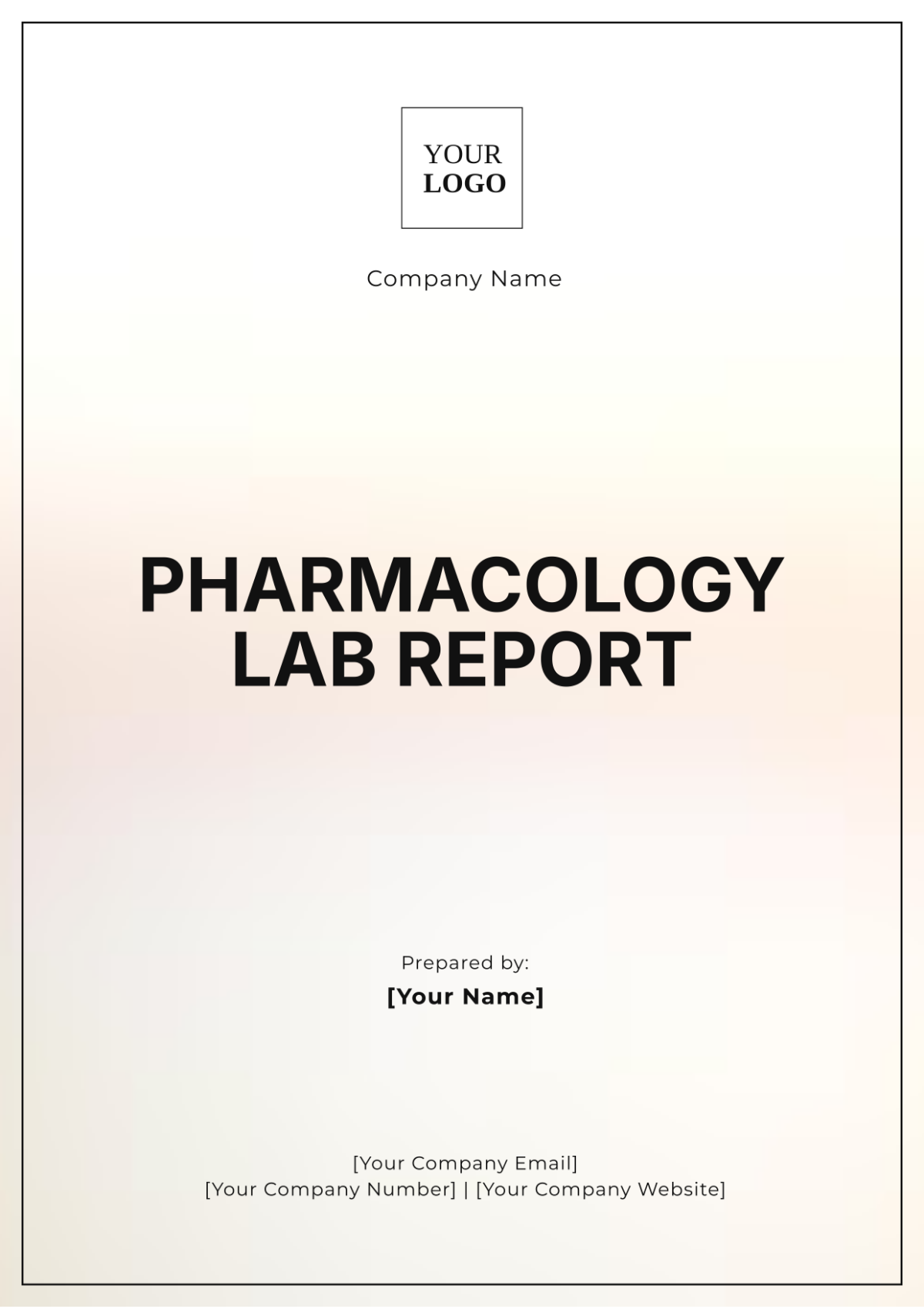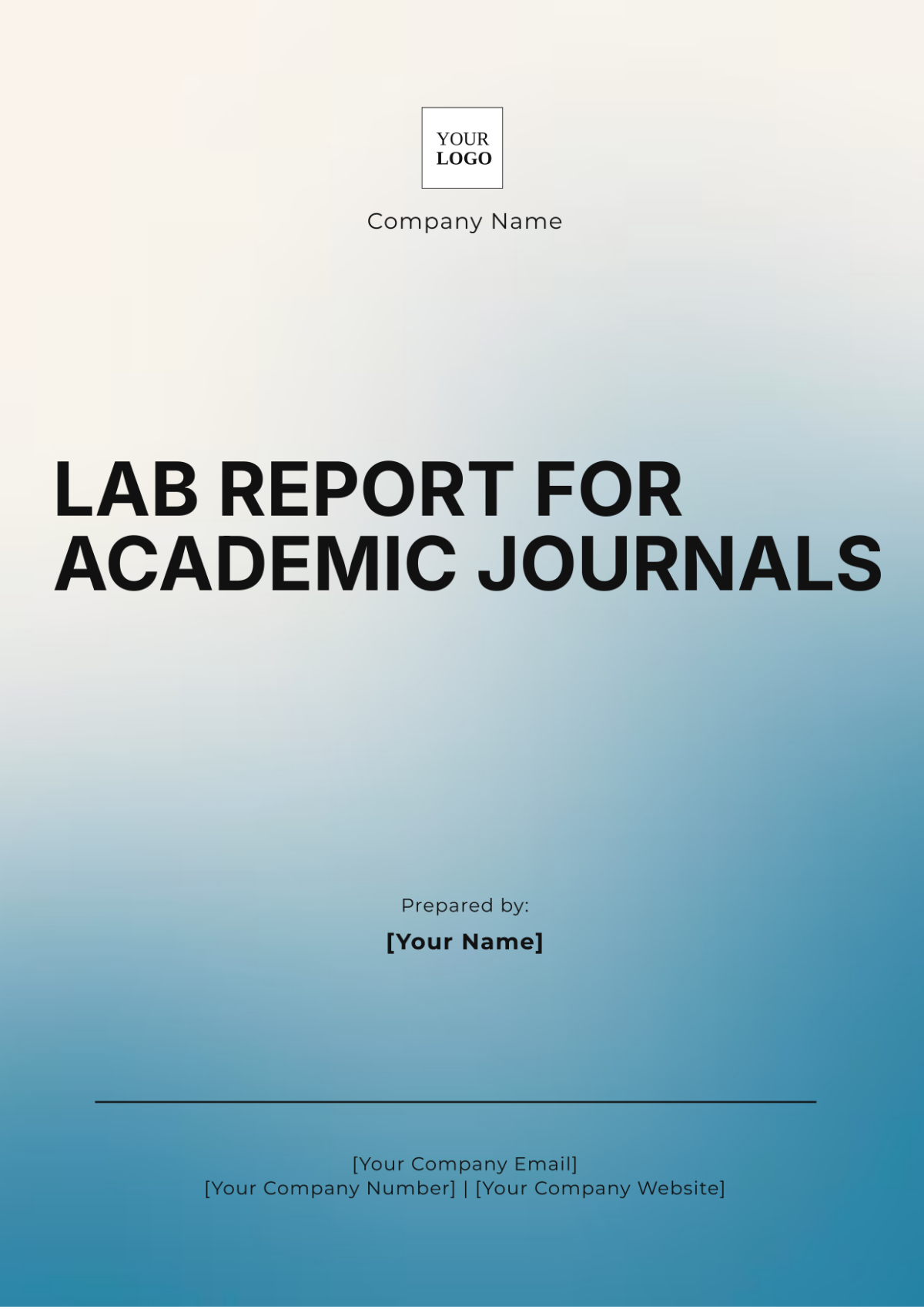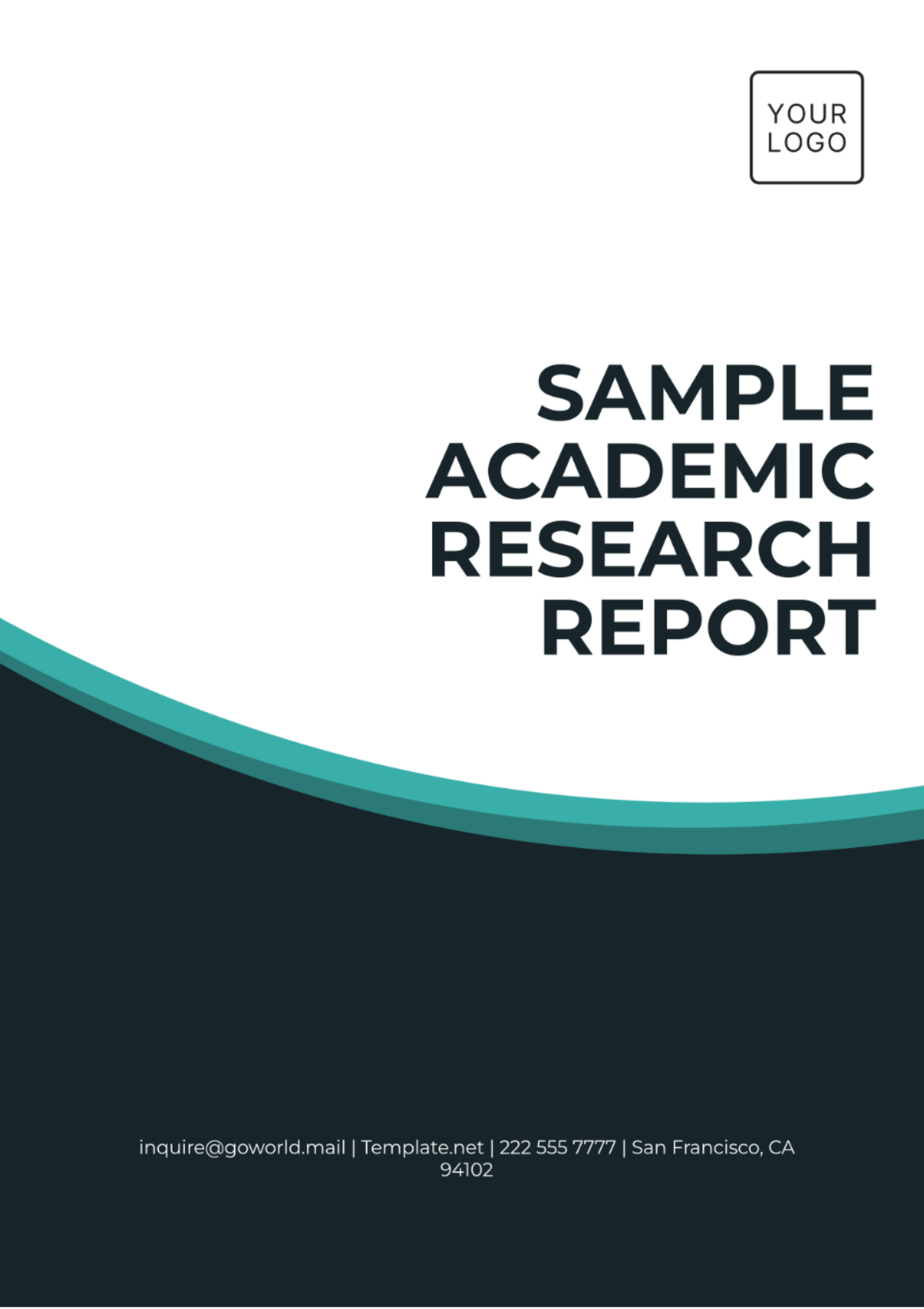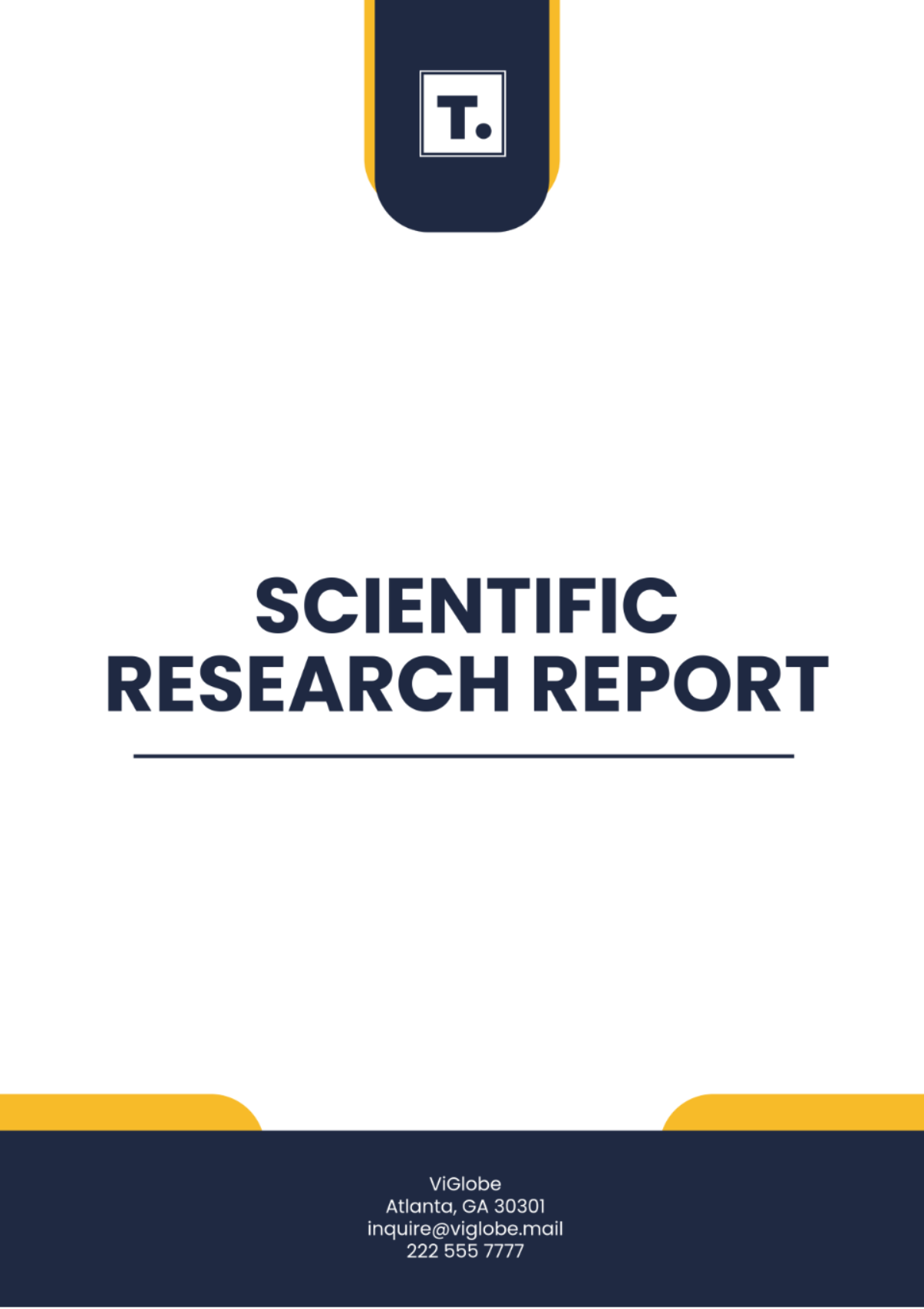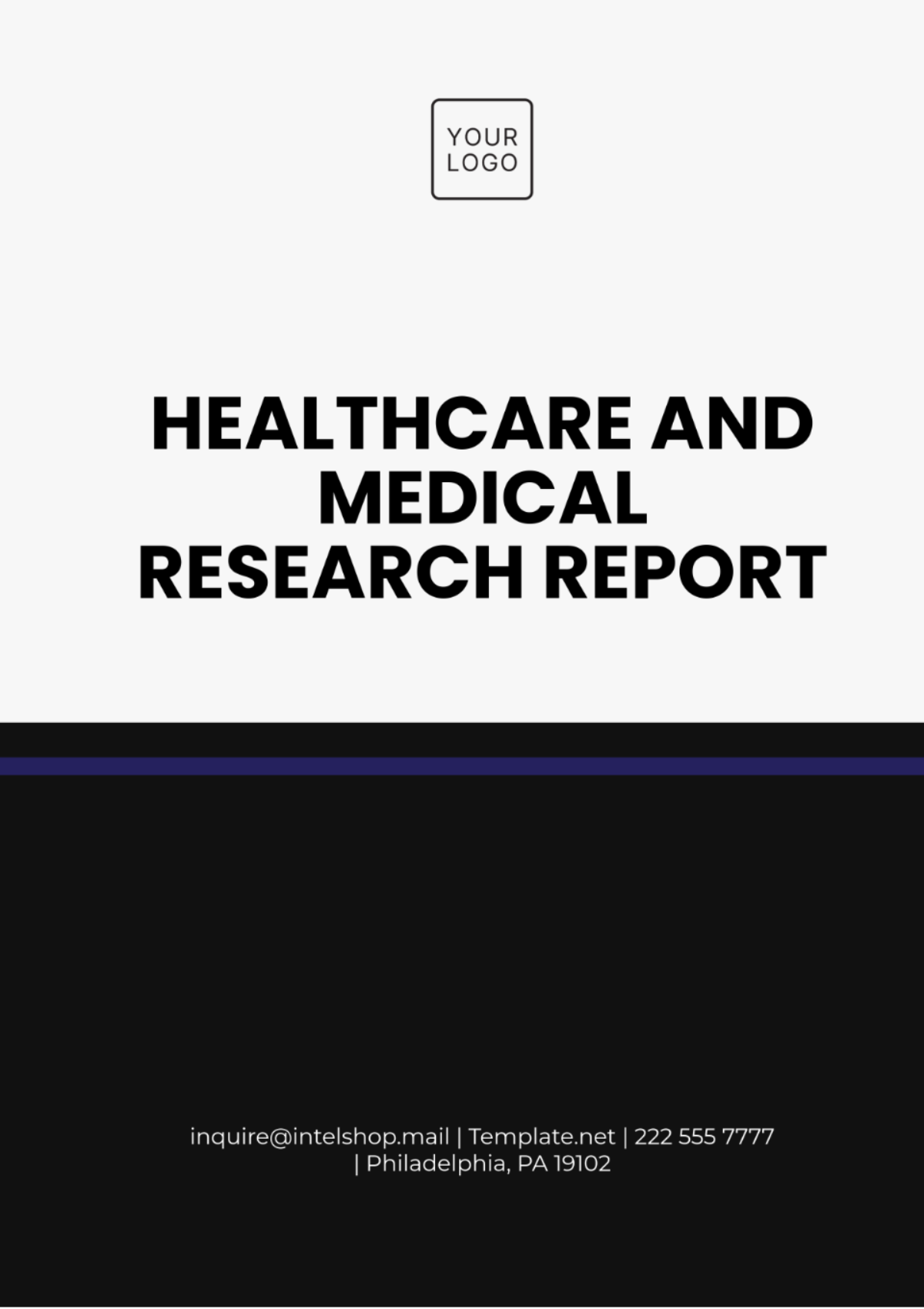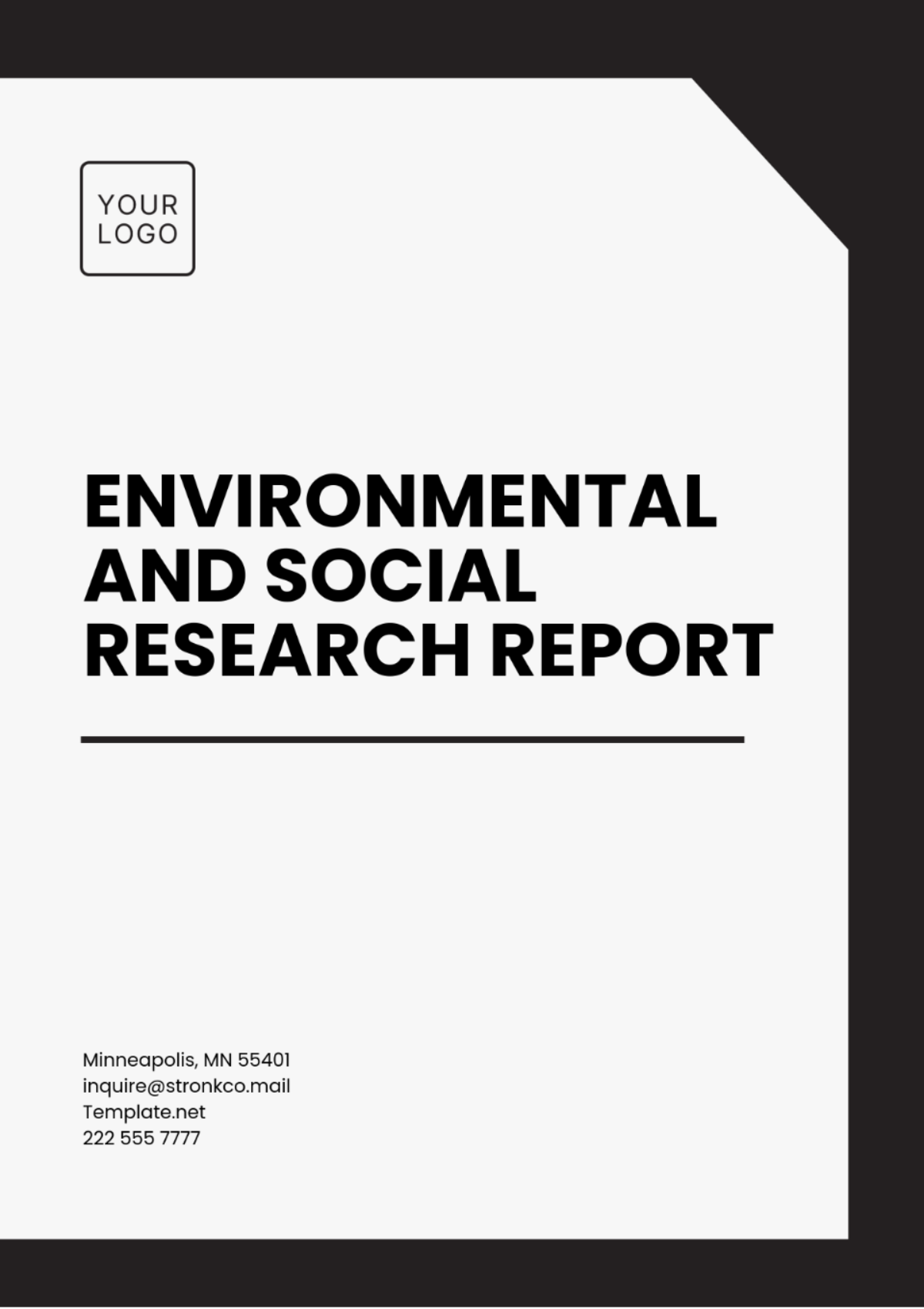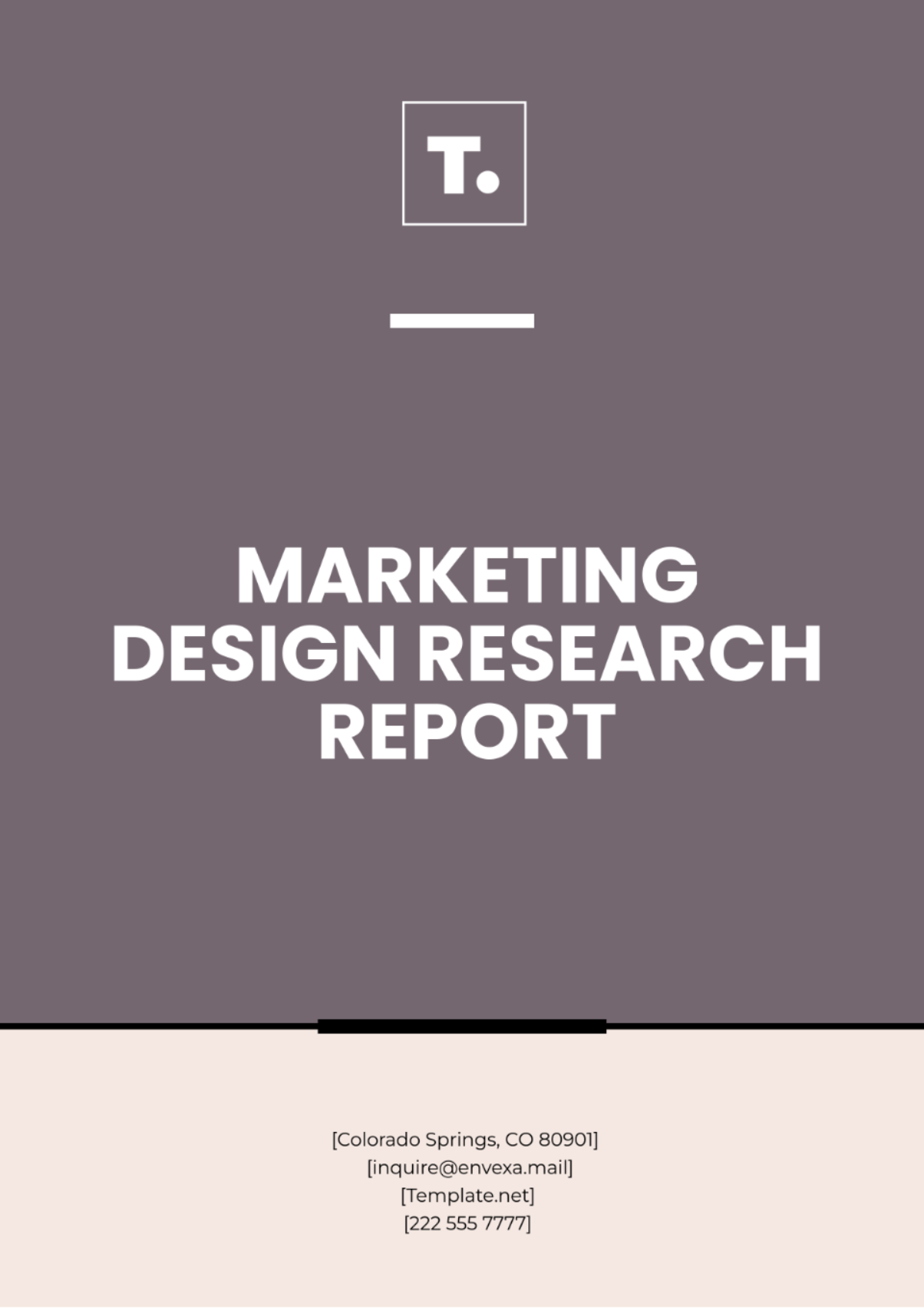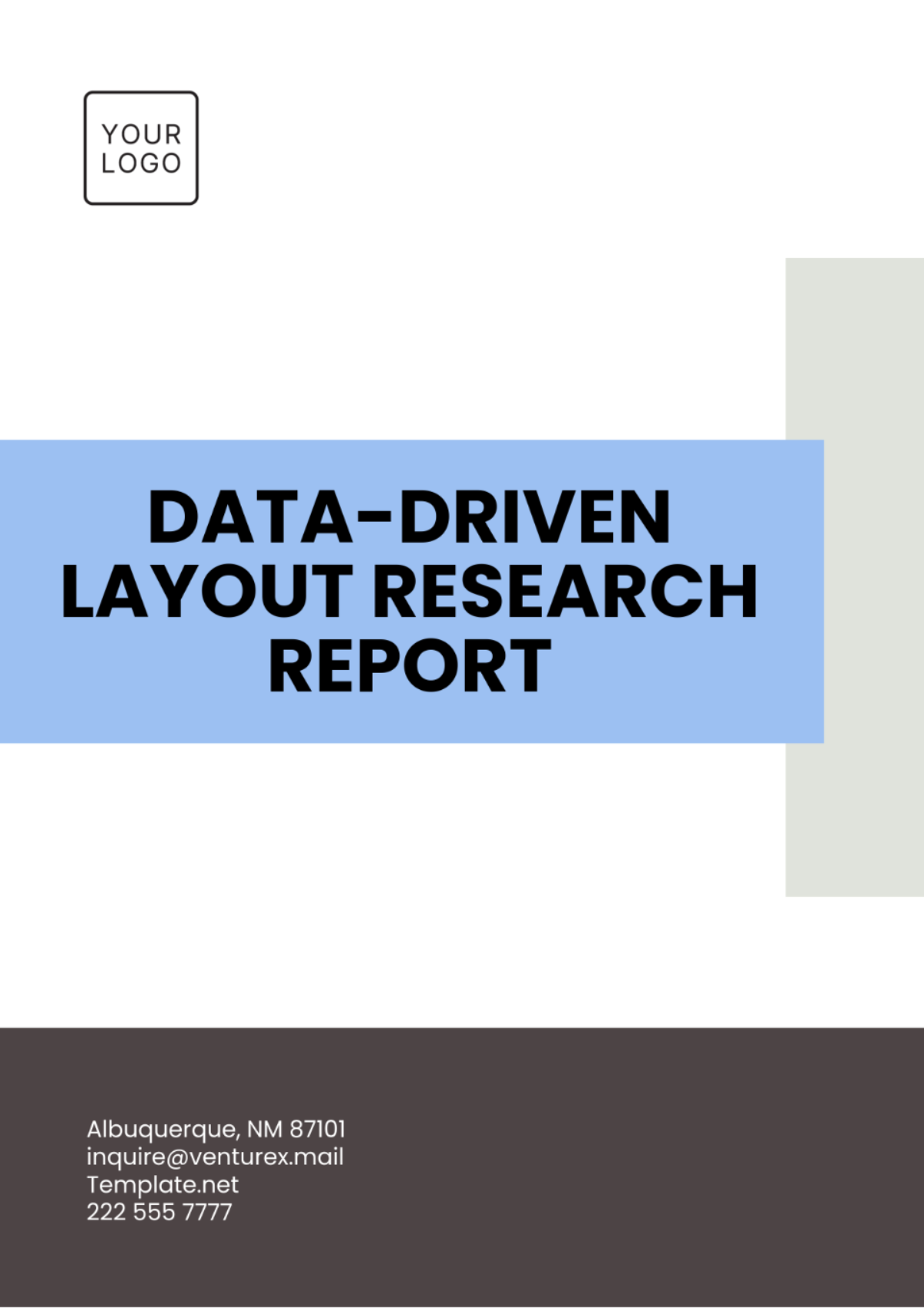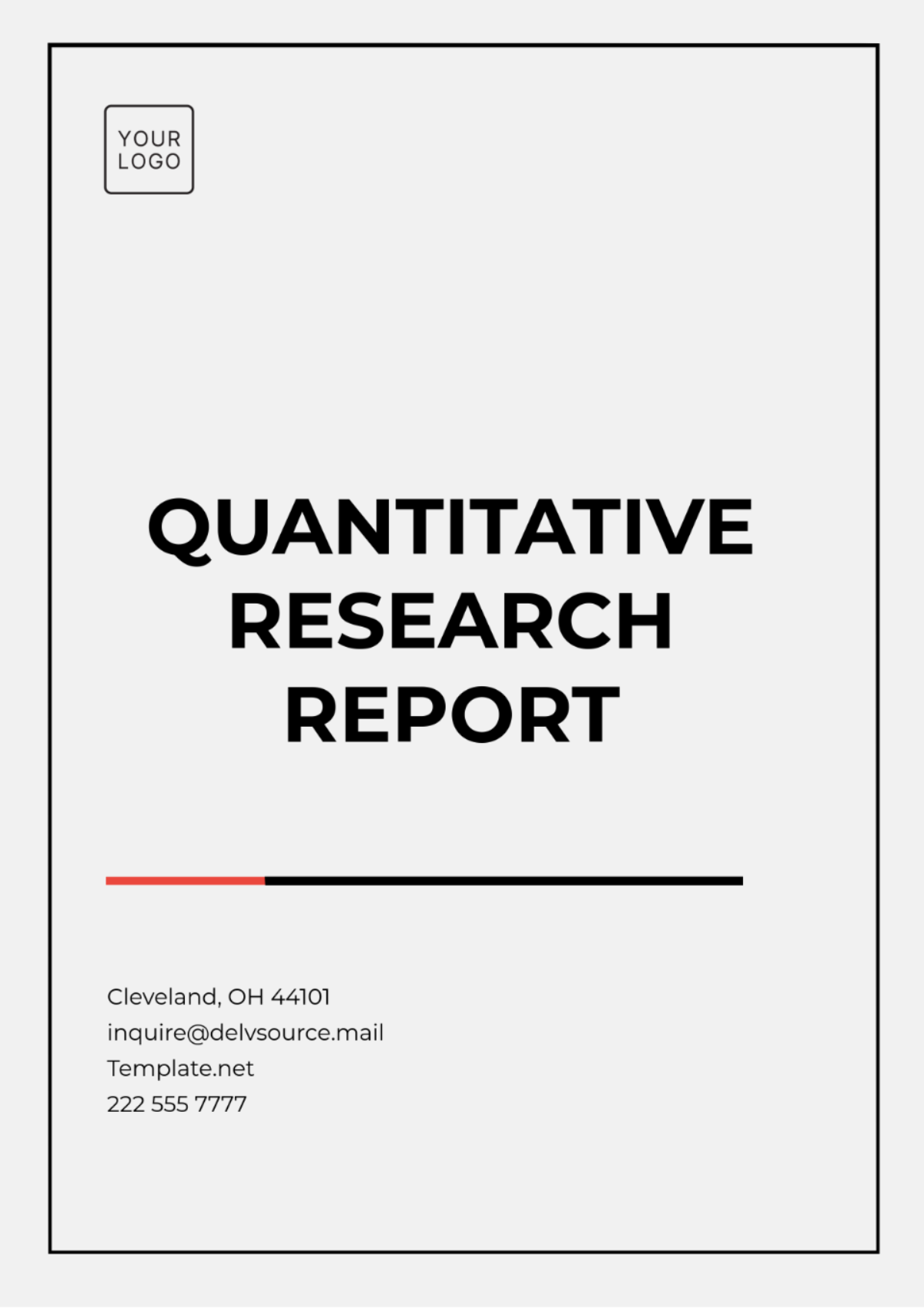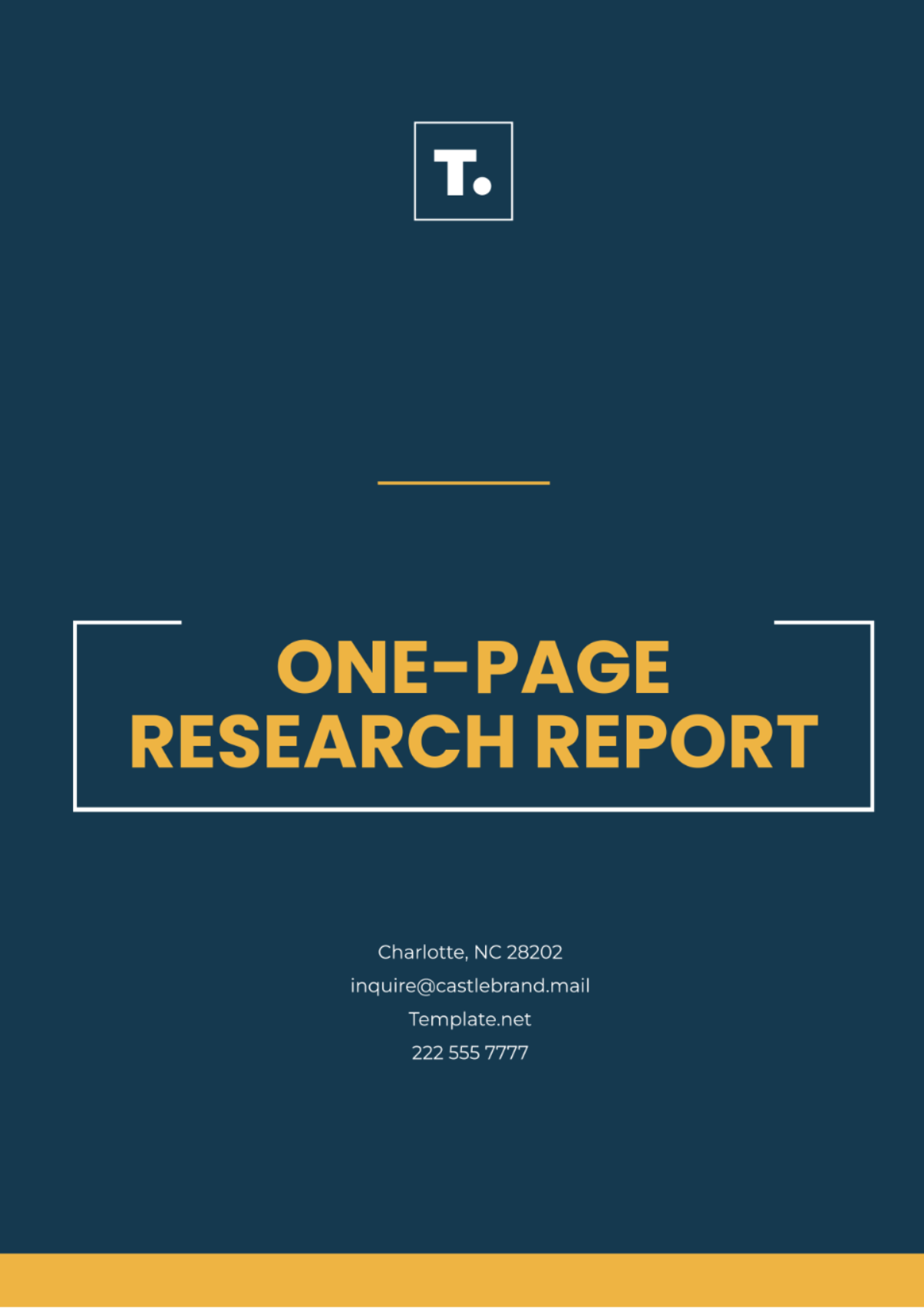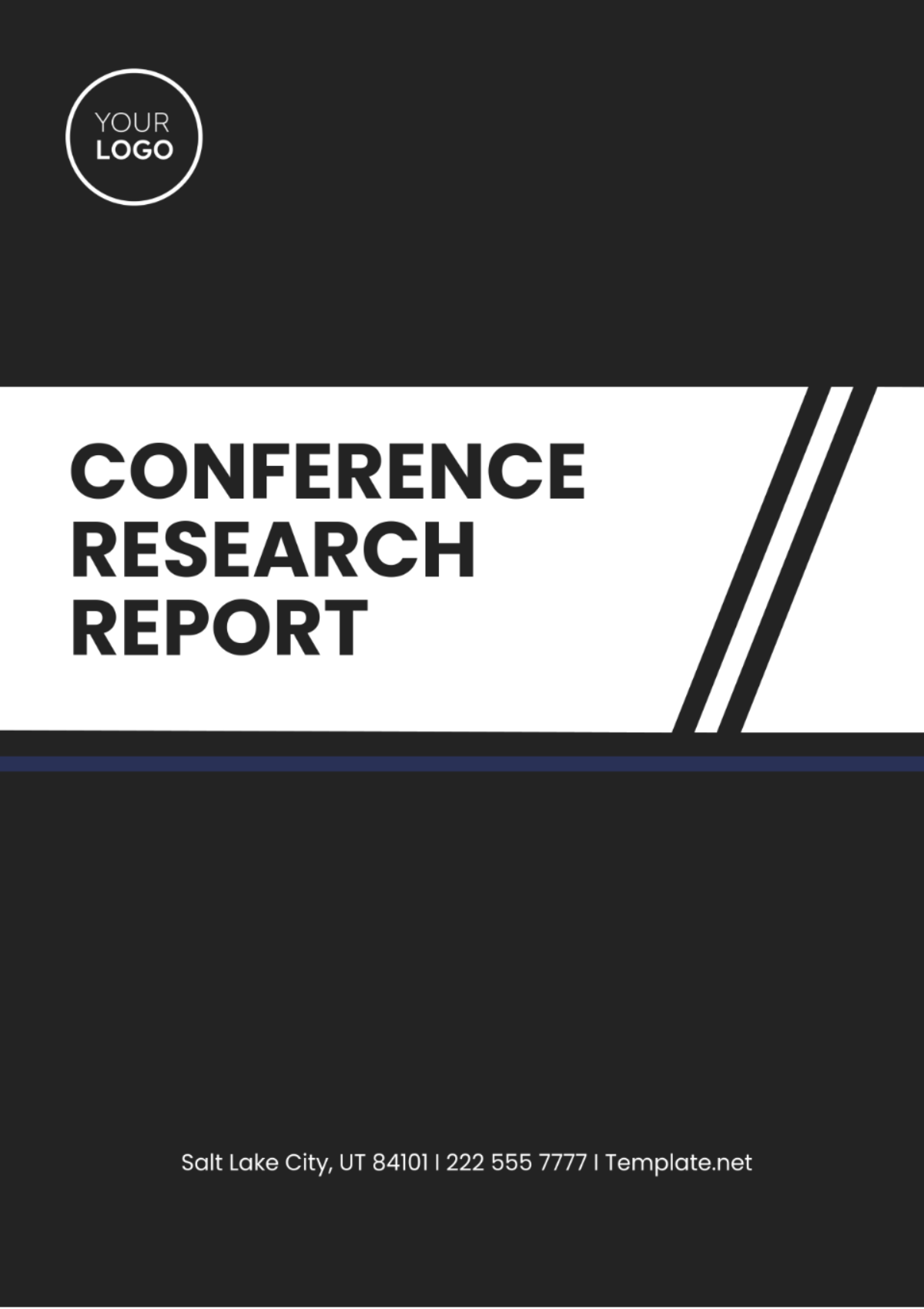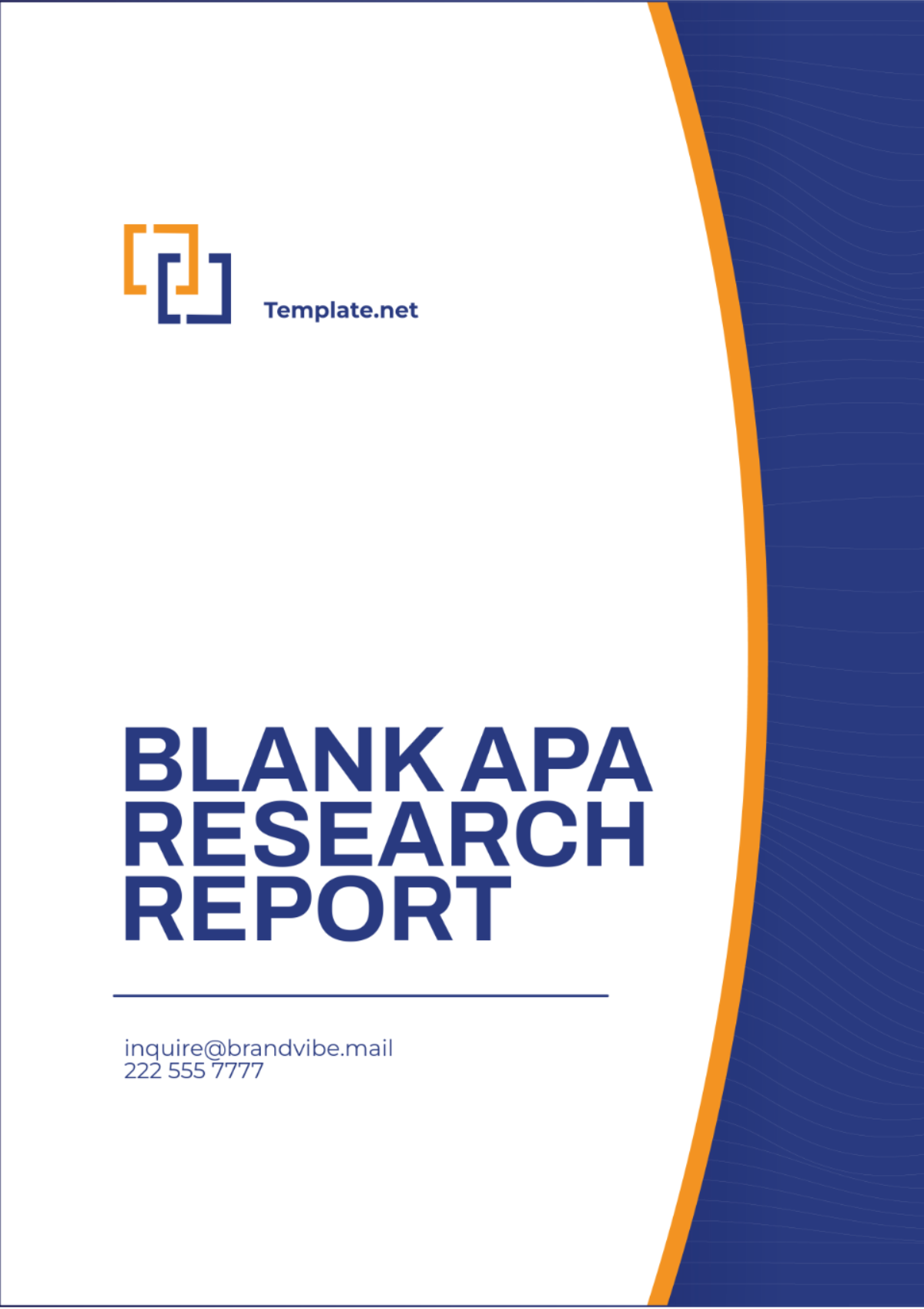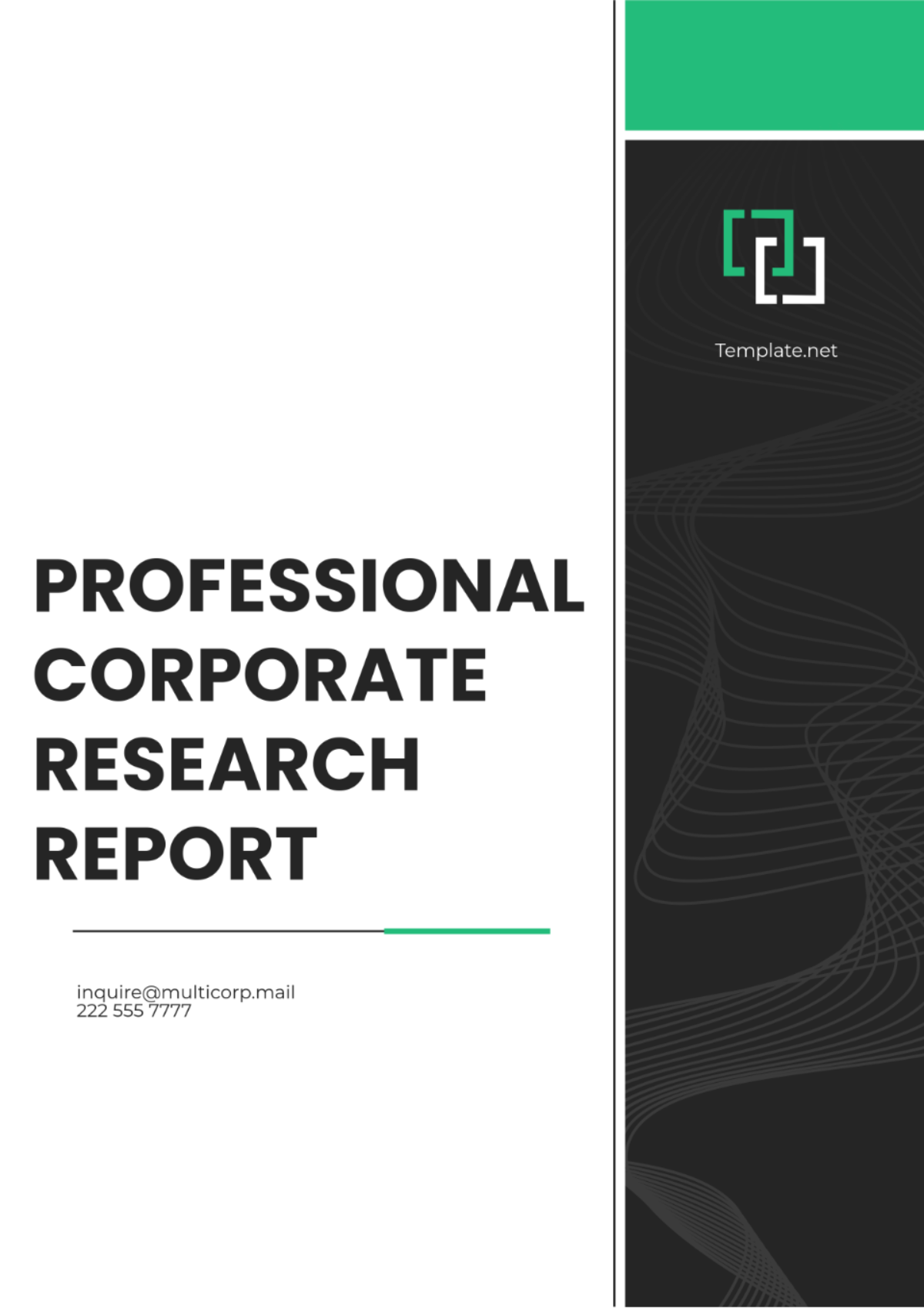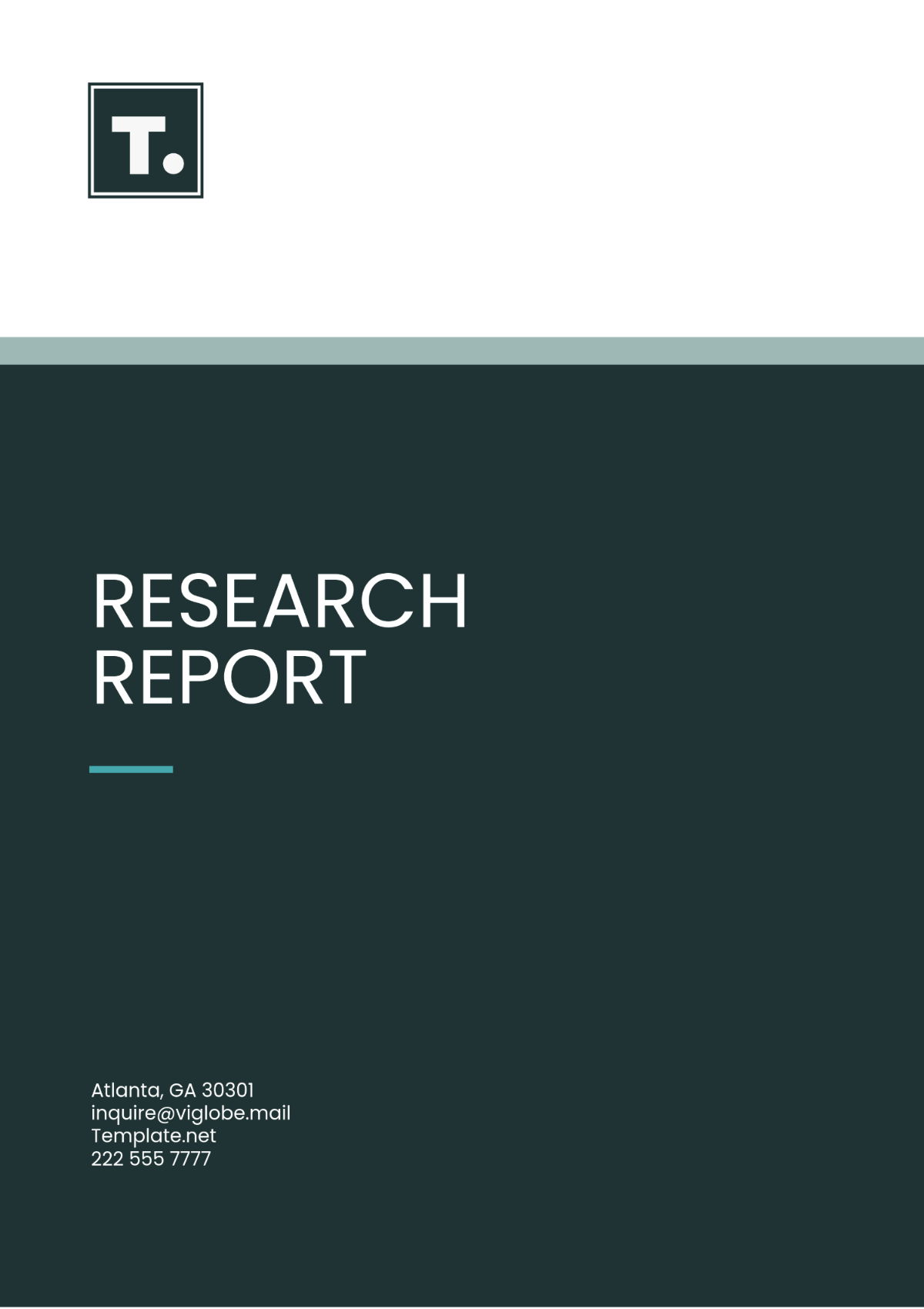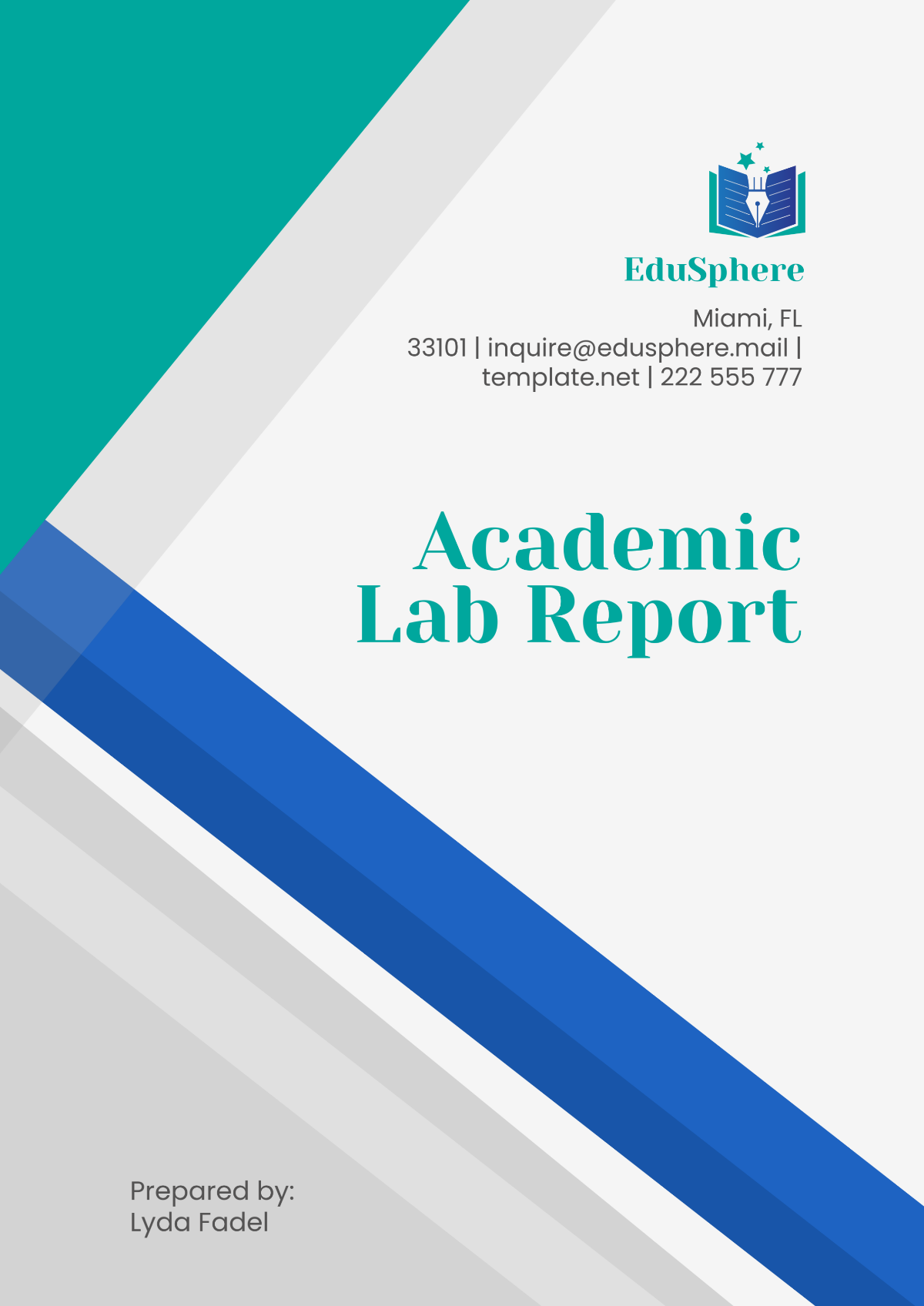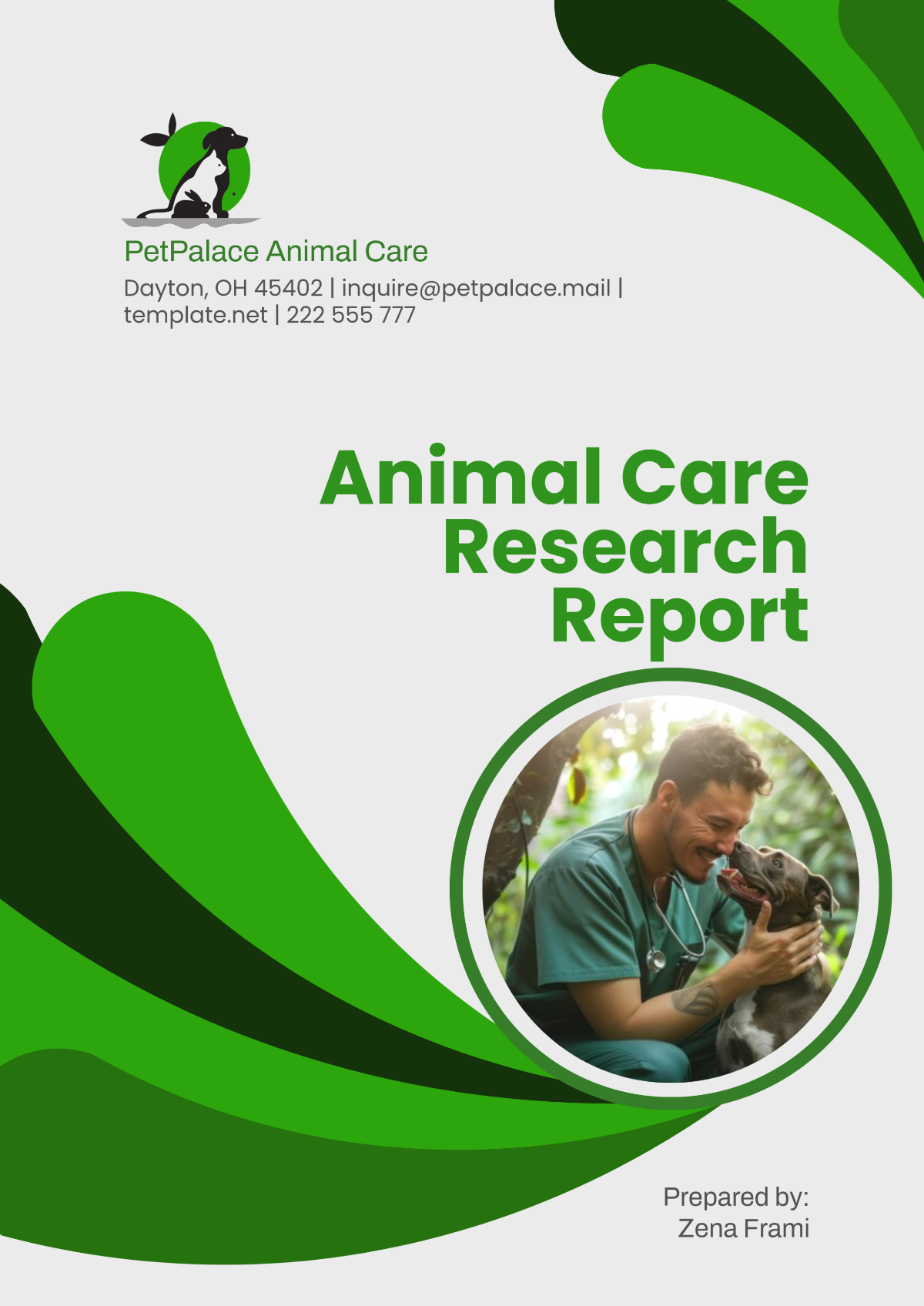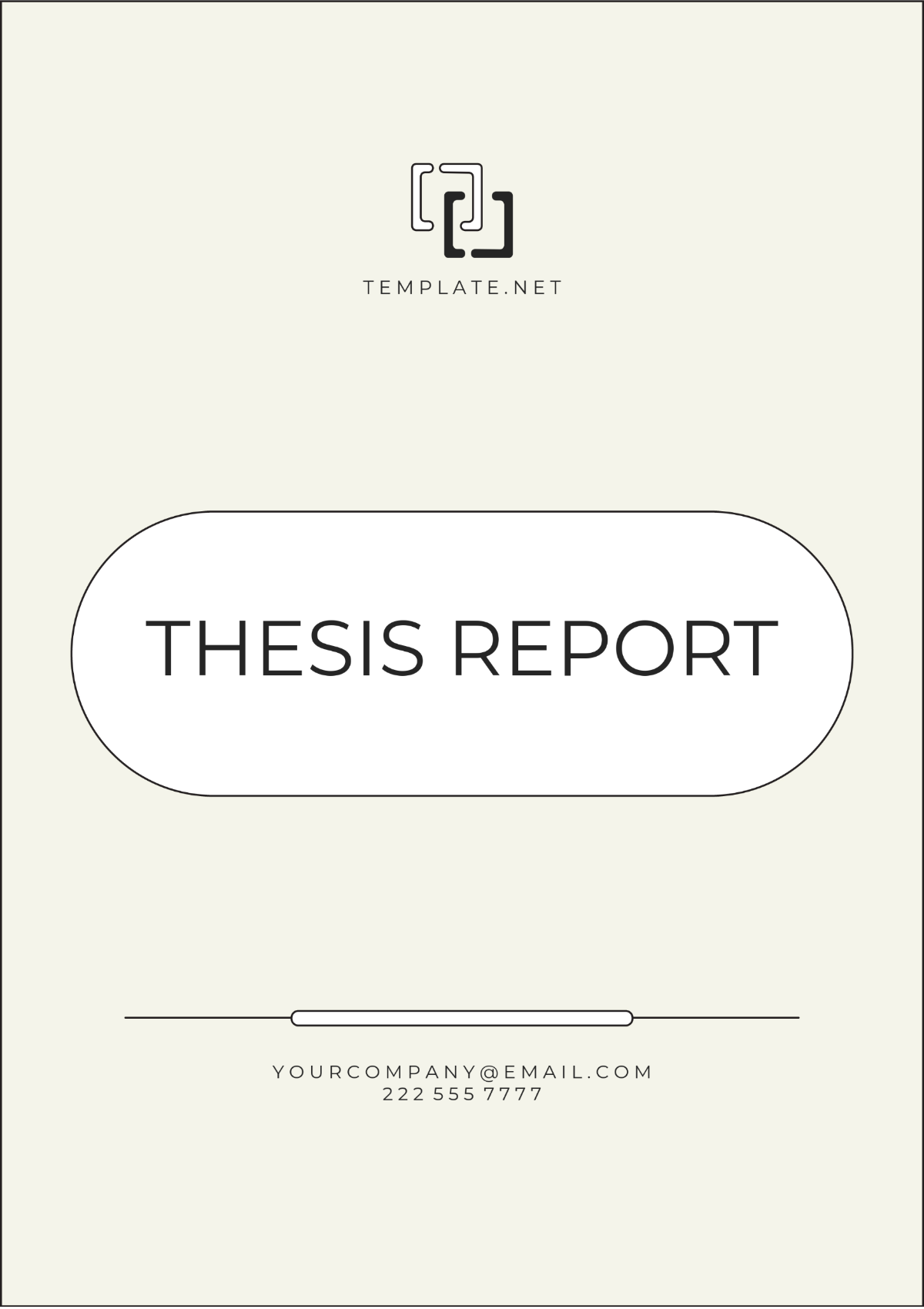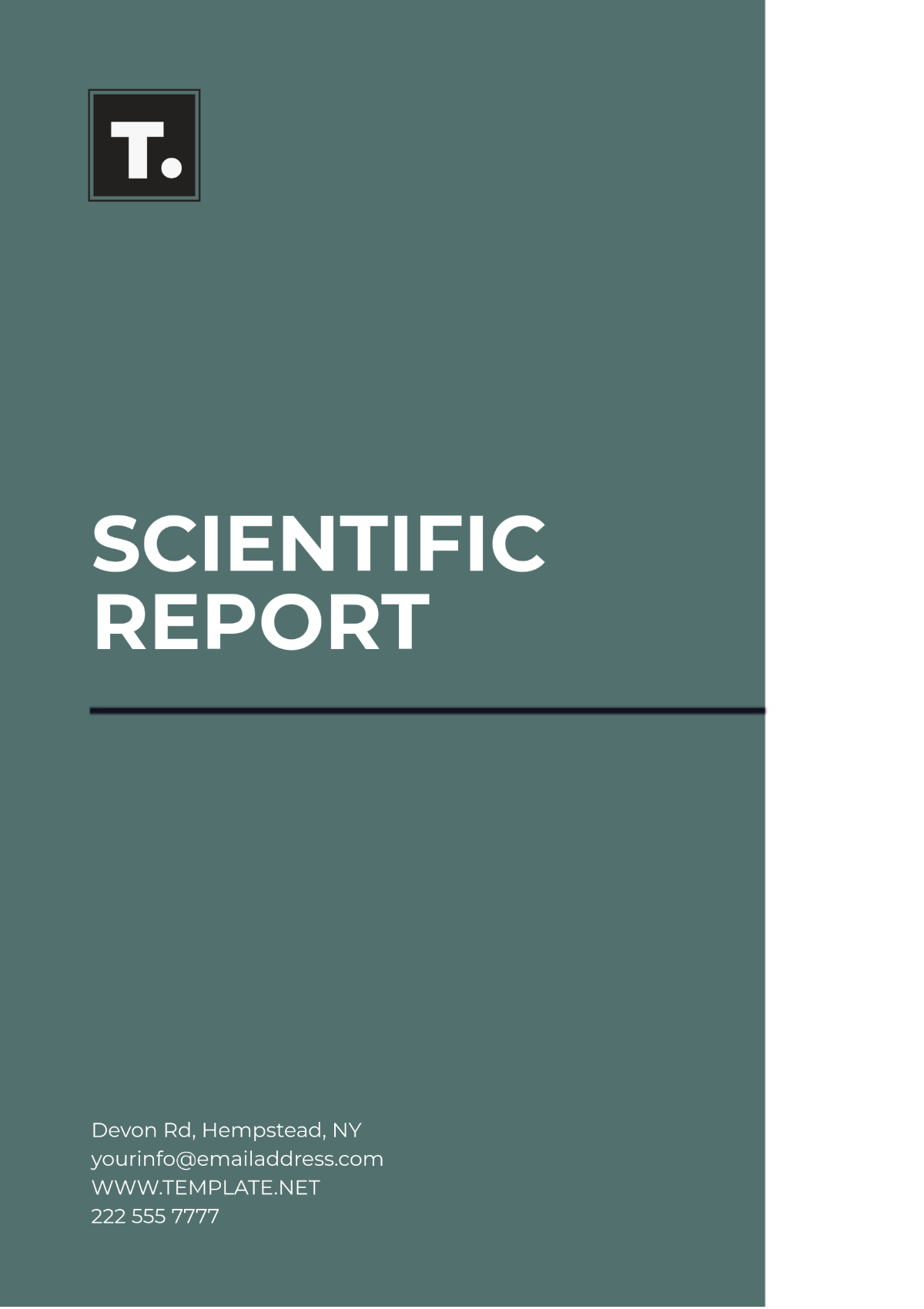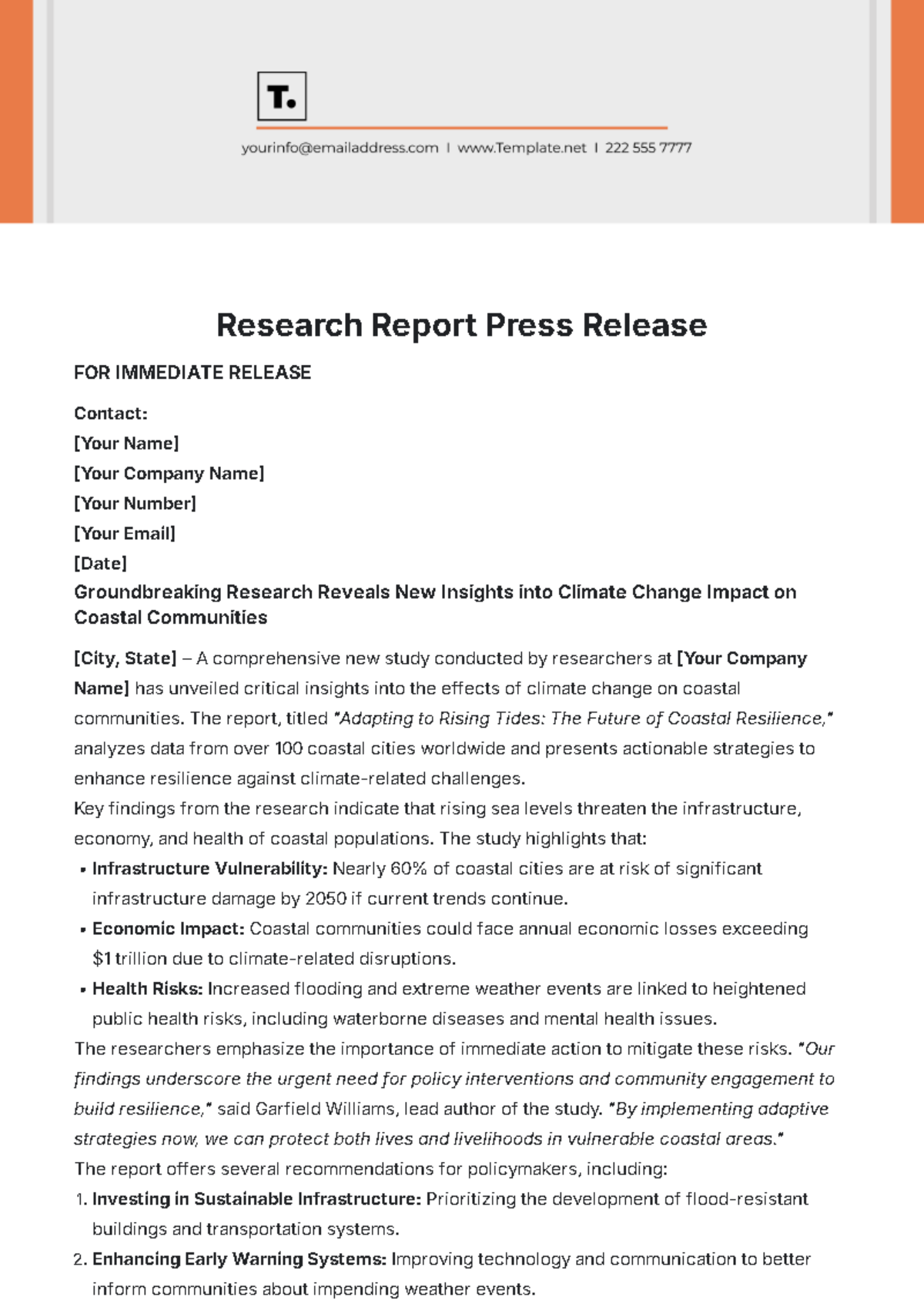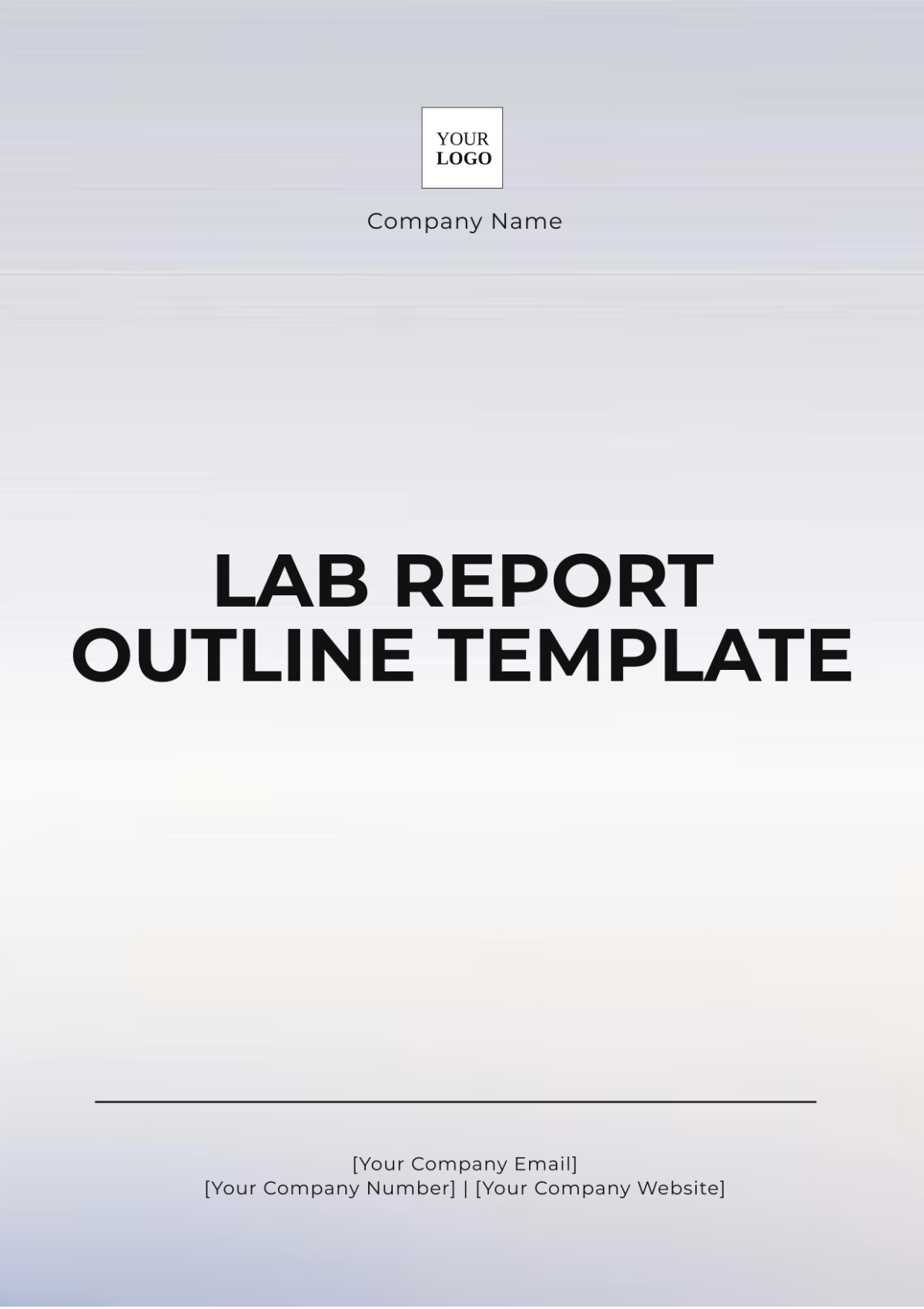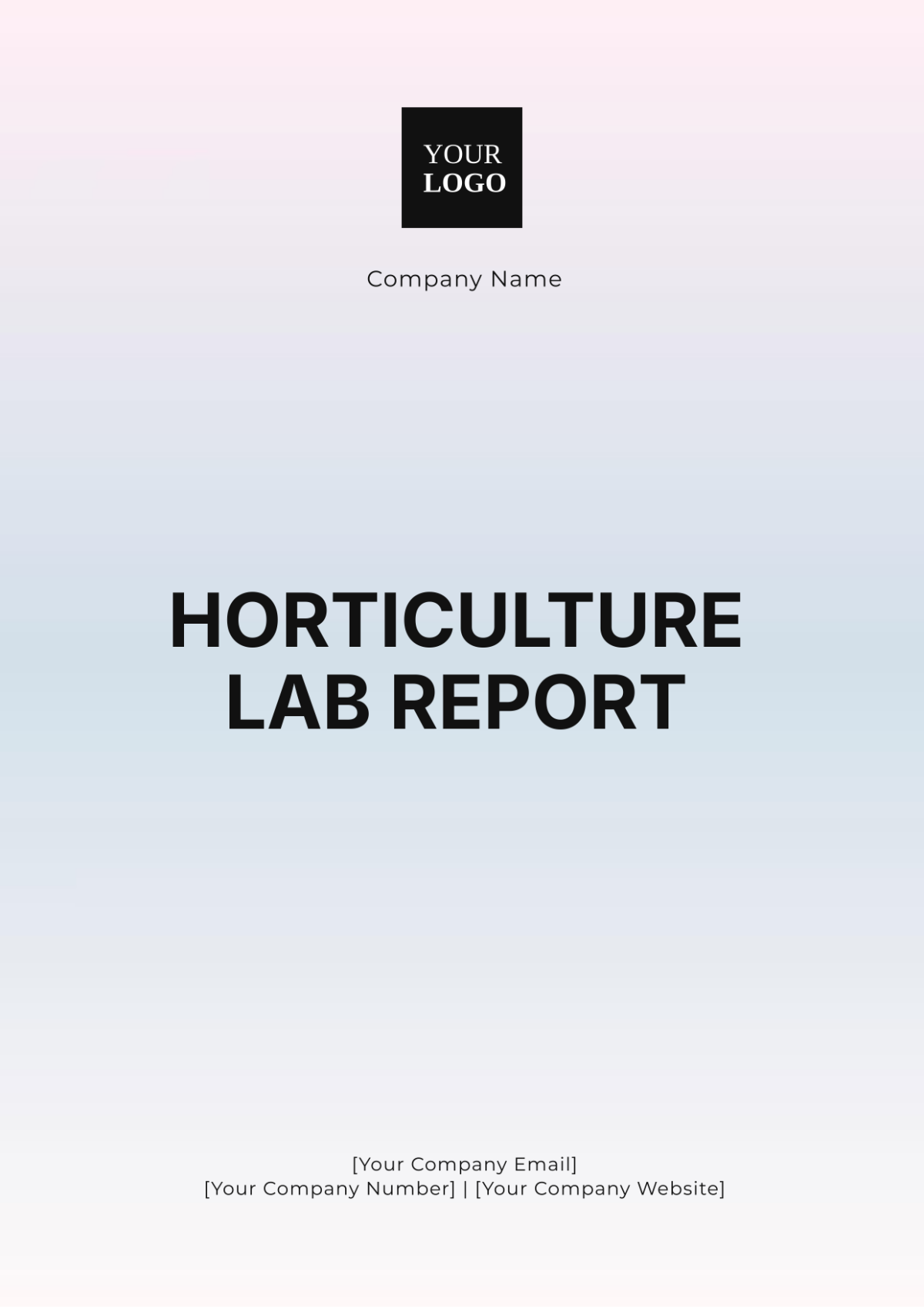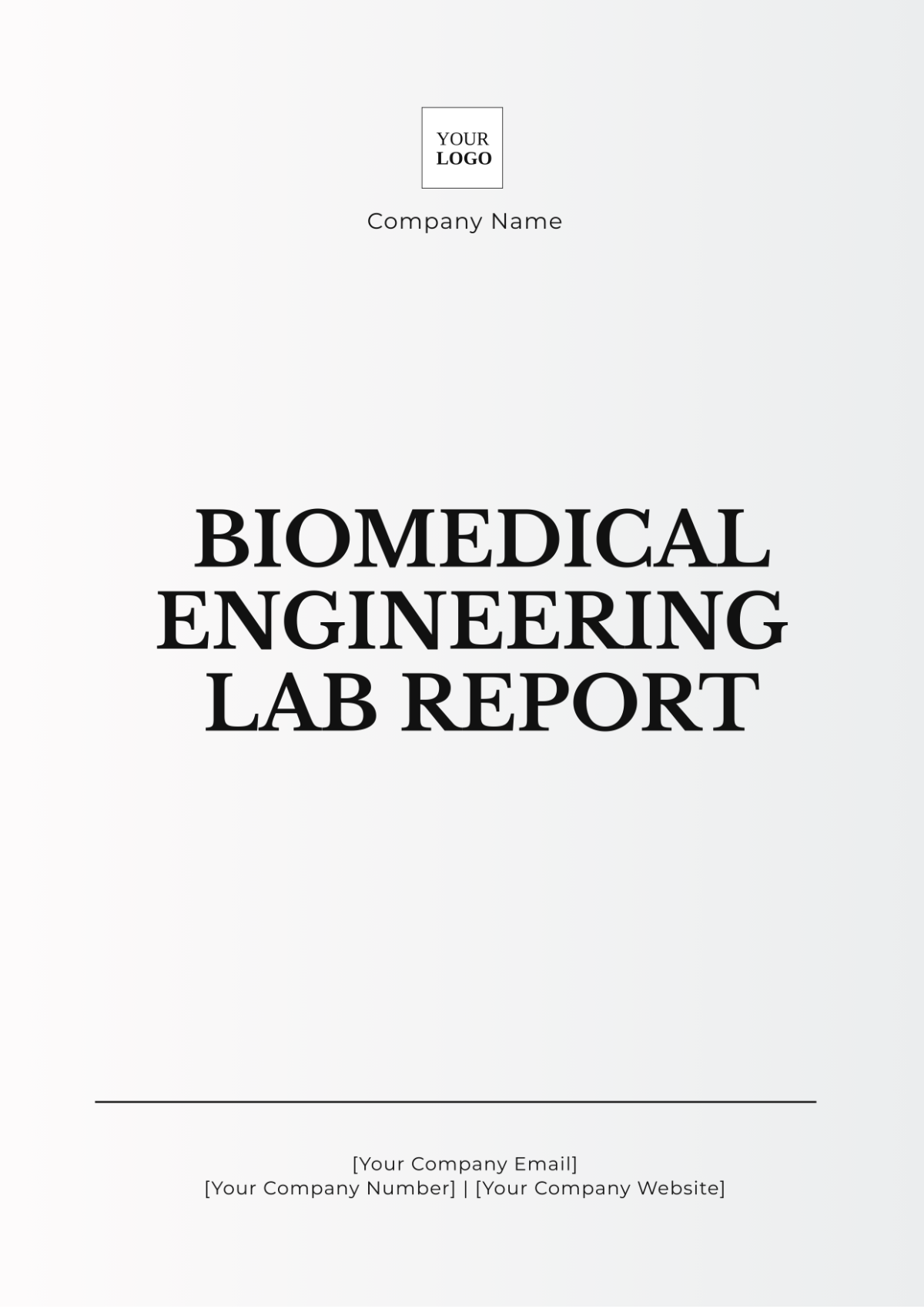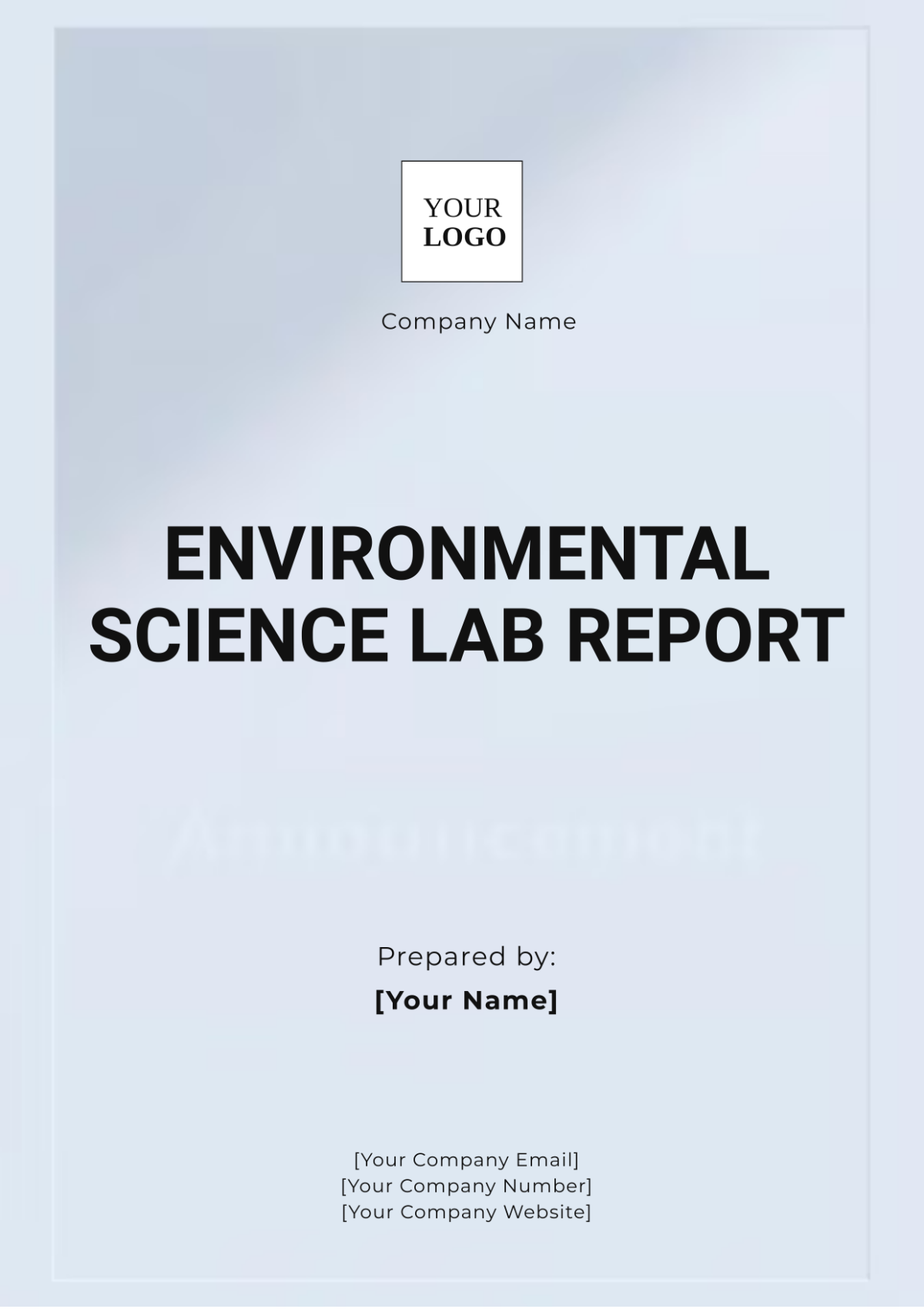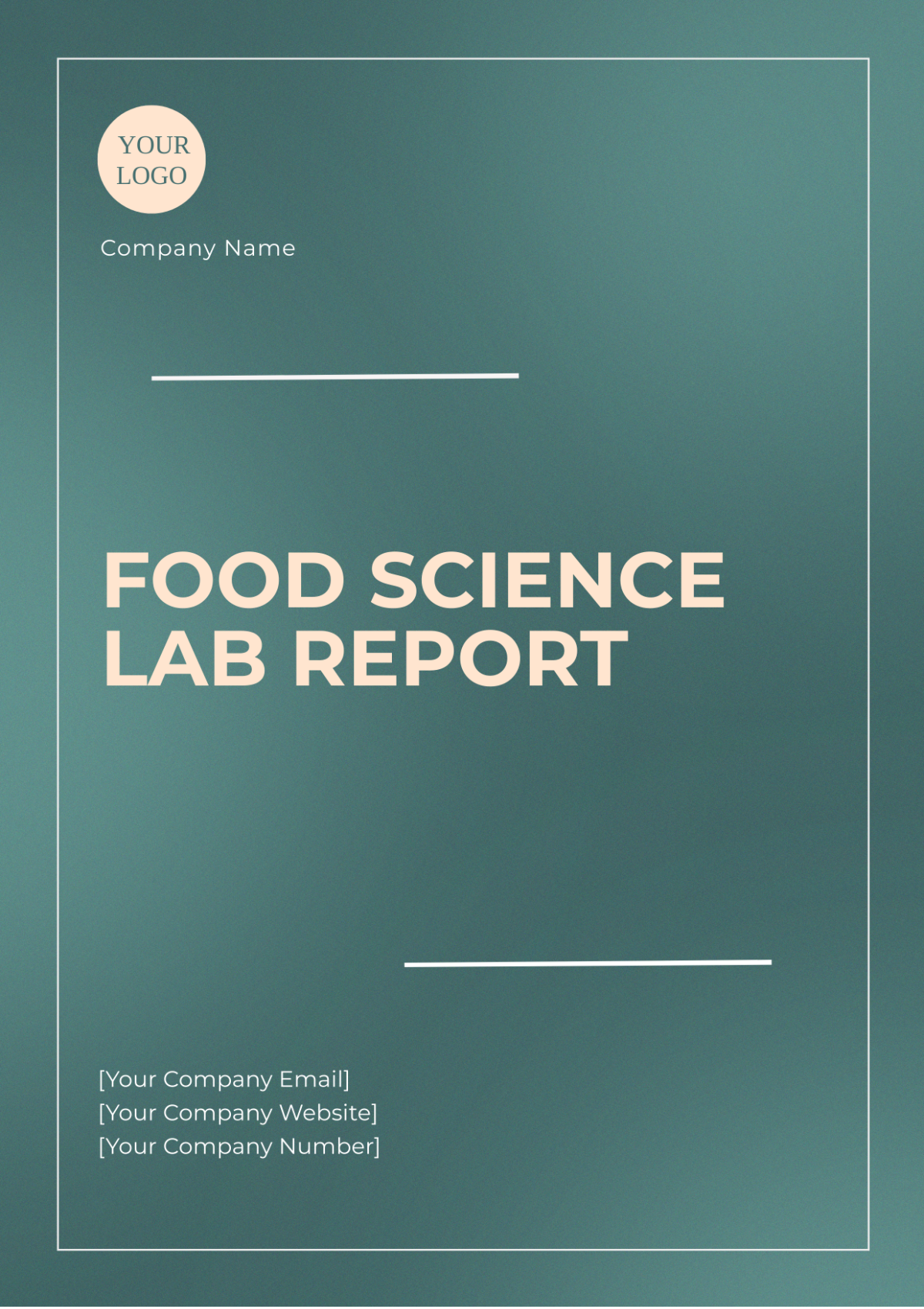Thesis Report
Prepared by: [YOUR NAME]
Email: [YOUR EMAIL]
I. Introduction
In the ever-evolving landscape of Artificial Intelligence (AI), this thesis aims to explore the ethical implications of AI in healthcare and its implications for patient care and data privacy. Through comprehensive research and analysis, the study addresses critical questions regarding the balance between technological advancement and ethical responsibility, offering insights that can significantly influence future practices and policies.
II. Background and Literature Review
The background of this study encompasses a review of existing literature related to AI in healthcare. This section highlights key theories and previous research findings that inform the current investigation.
Historical Context
The development of AI technologies in the medical field began in the late 20th century, evolving from simple diagnostic tools to complex algorithms capable of predictive analytics.
Current Trends
Recent advancements, such as machine learning algorithms, have shown promise in improving diagnostic accuracy and personalizing treatment plans. However, concerns regarding data security and algorithmic bias remain prevalent.
III. Methodology
The research methodology employed in this thesis is designed to ensure rigorous and valid results. The following methods were utilized:
Quantitative Analysis: Data was collected through surveys distributed to healthcare professionals, patients, and AI developers.
Qualitative Analysis: Interviews were conducted with subject matter experts, including ethicists, AI developers, and healthcare providers.
Data Collection Table
Date | Method | Sample Size | Key Findings | Notes |
|---|---|---|---|---|
January 15, 2050 | Survey | 150 | 70% of respondents expressed concern over data privacy. | High response rate; valid data. |
February 10, 2050 | Interview | 10 | Experts agree on the need for ethical guidelines in AI usage. | Rich insights gathered. |
March 20, 2050 | Focus Group | 8 | Participants highlighted the importance of patient consent. | Diverse perspectives shared. |
April 25, 2050 | Survey | 200 | 60% indicated a lack of understanding regarding AI processes. | Important for future education. |
May 30, 2050 | Interview | 12 | Ethical concerns must be integrated into AI development processes. | Supported by literature. |
June 5, 2050 | Case Study | 5 | Successful implementations of ethical AI in leading hospitals. | Promising case examples. |
July 15, 2050 | Survey | 180 | 75% believe AI will improve patient outcomes but worry about errors. | Indicates a general optimism. |
August 20, 2050 | Interview | 15 | There is a consensus on the need for regulatory frameworks. | Urgency for policy development. |
September 30, 2050 | Review | - | Comprehensive review of the ethical landscape of AI in healthcare. | Foundation for recommendations. |
IV. Findings and Discussion
This section presents the findings derived from the research methods described earlier. Key themes identified include:
Theme 1: Data Privacy
The study reveals that while AI can enhance patient care, significant concerns regarding data privacy and security persist among stakeholders.Theme 2: Ethical Guidelines
There is a critical need for robust ethical guidelines governing AI applications in healthcare to ensure accountability and transparency.Theme 3: Education and Awareness
The findings suggest that improving awareness and understanding of AI technologies among healthcare professionals and patients is essential for effective integration.
V. Conclusion
In conclusion, this thesis underscores the importance of addressing the ethical implications of AI within the context of healthcare. The findings contribute to a deeper understanding of the delicate balance between technological innovation and ethical responsibility. By addressing the identified gaps, this study paves the way for further exploration and innovation in AI ethics, ultimately ensuring that advancements in healthcare technology prioritize patient rights and safety.
